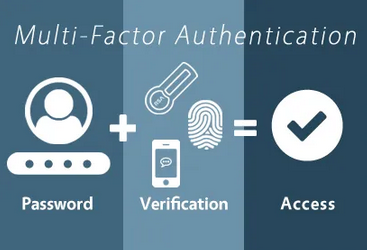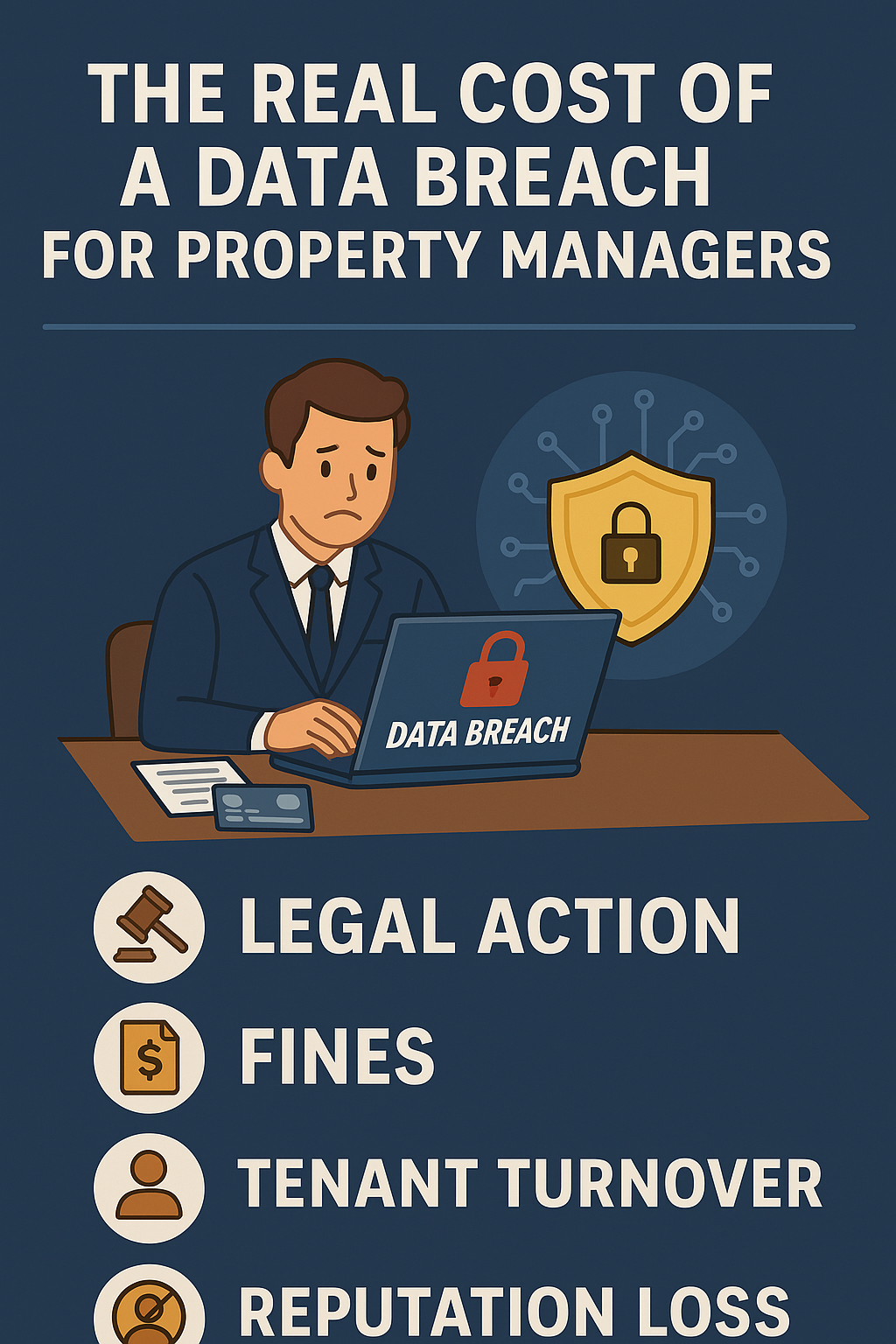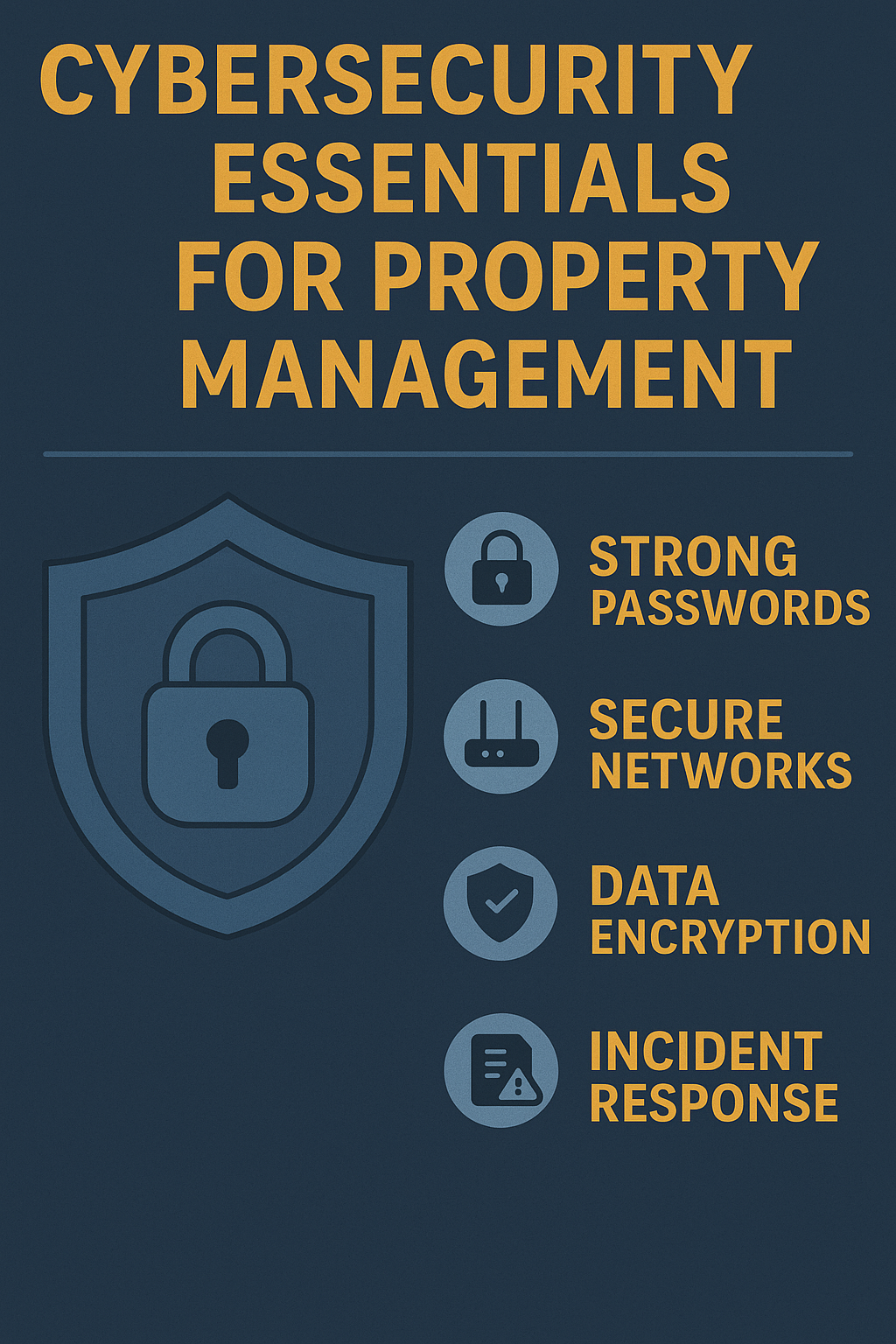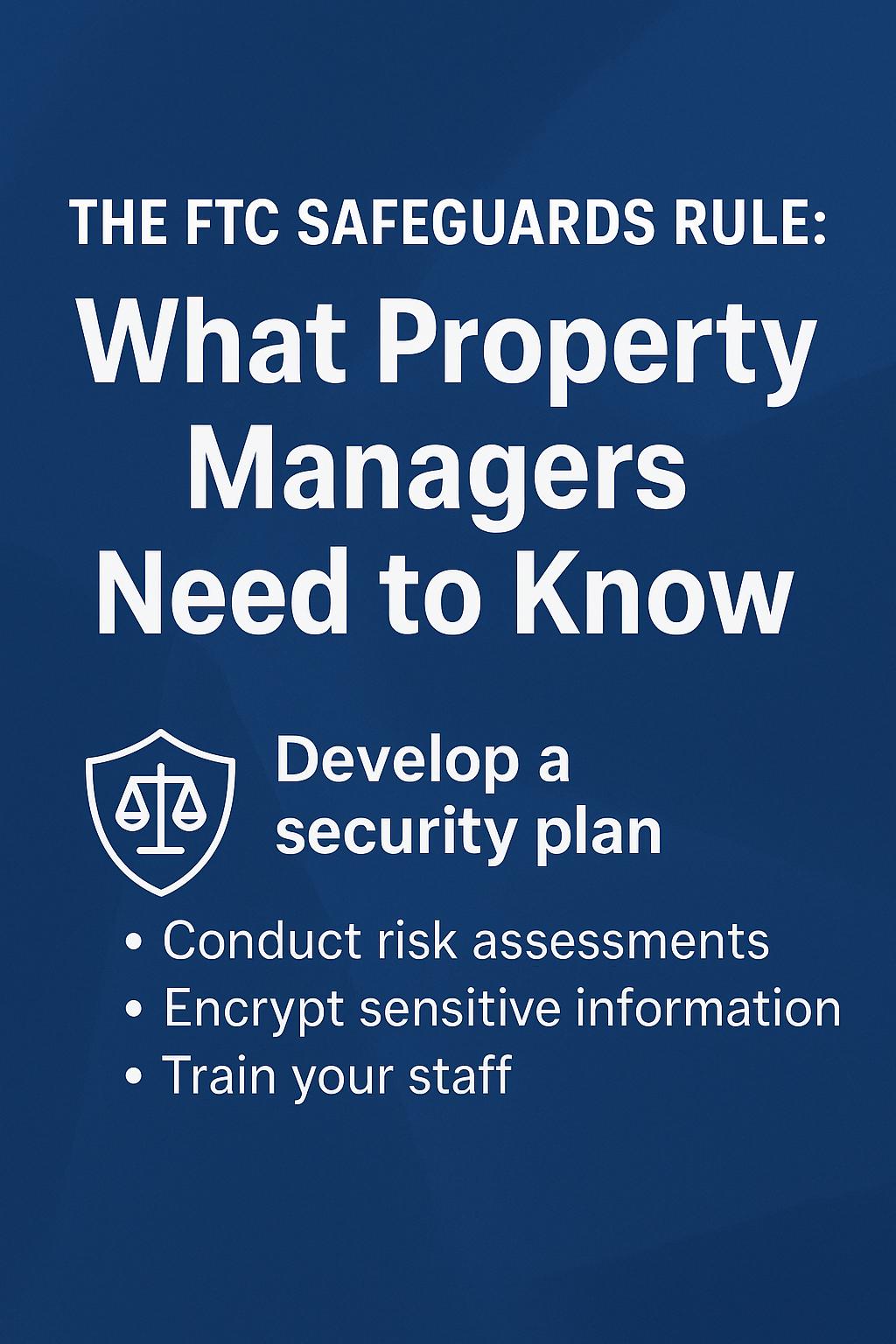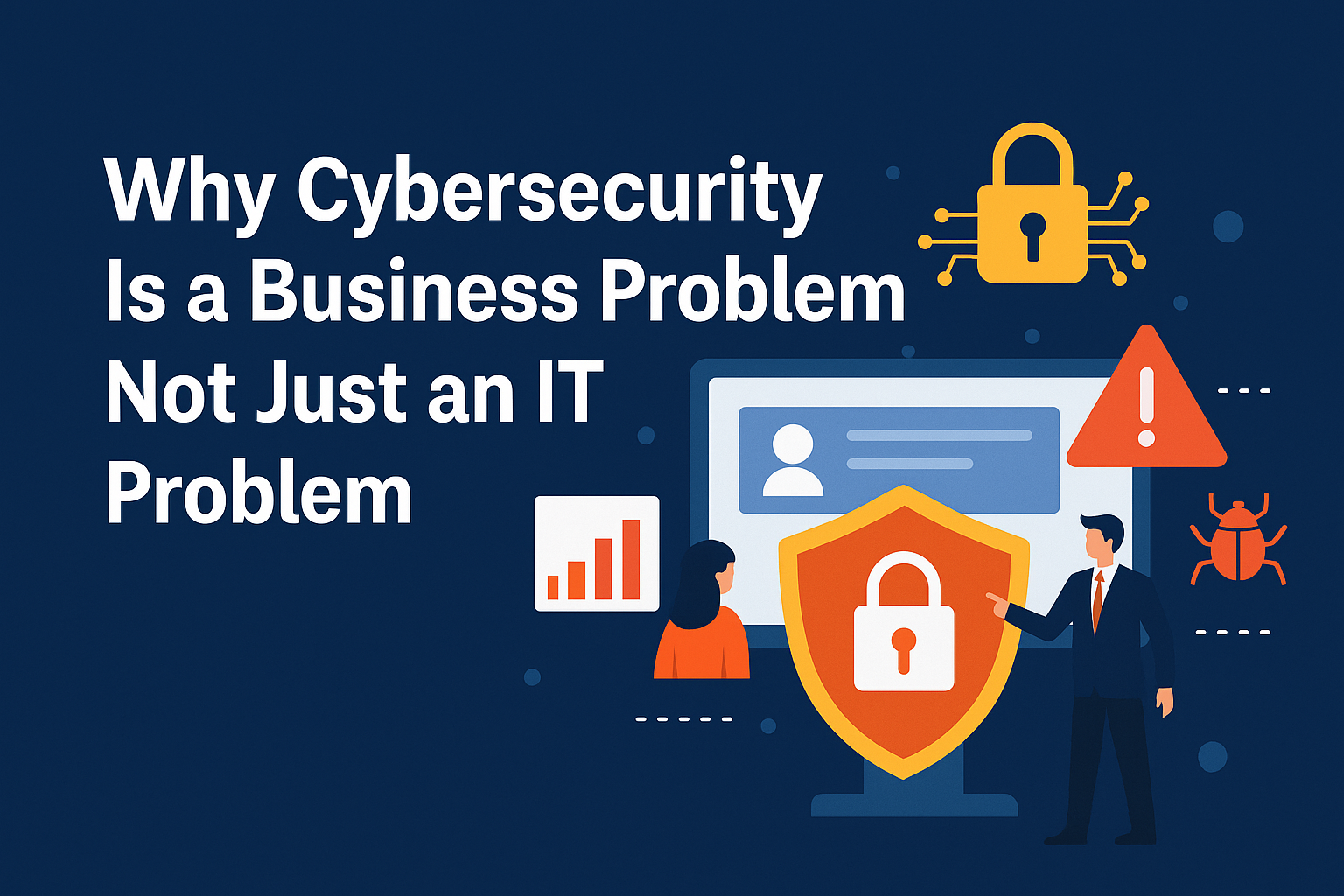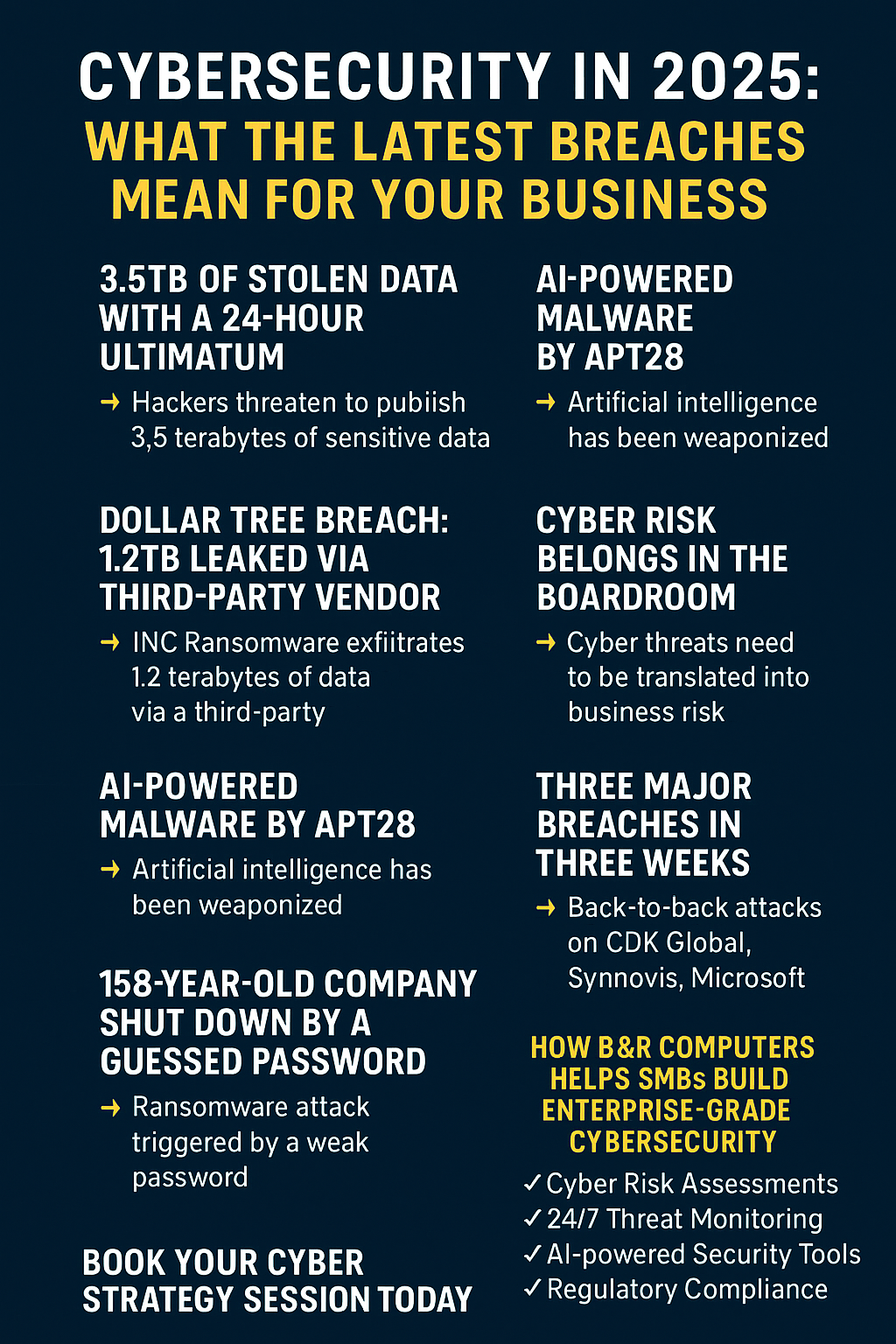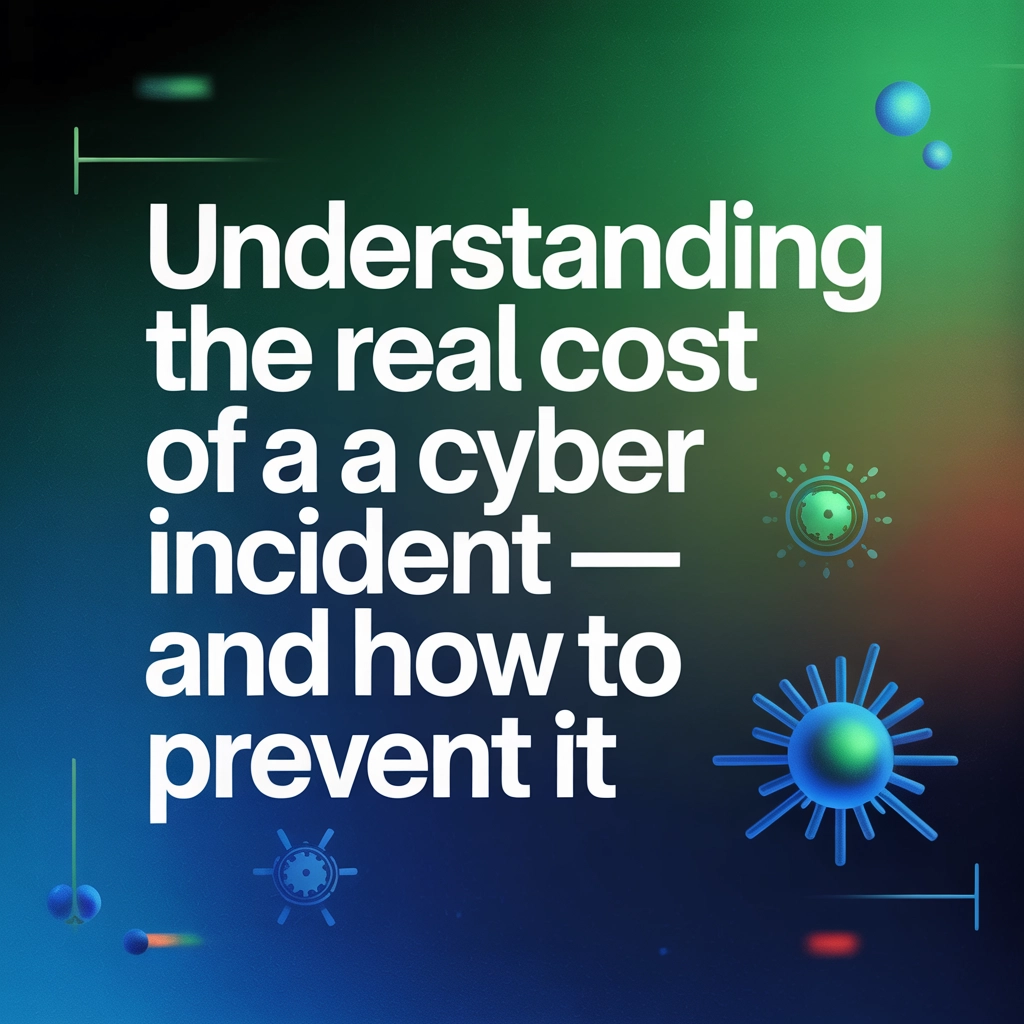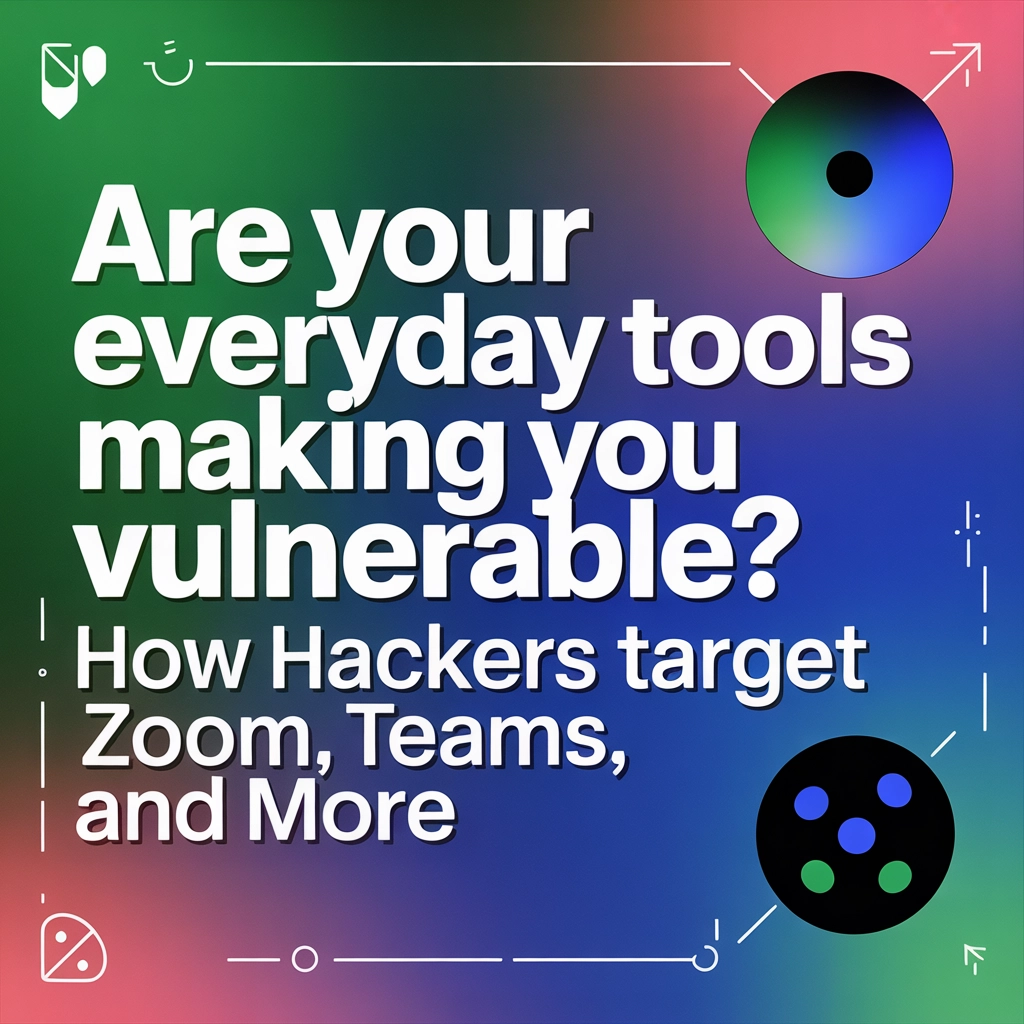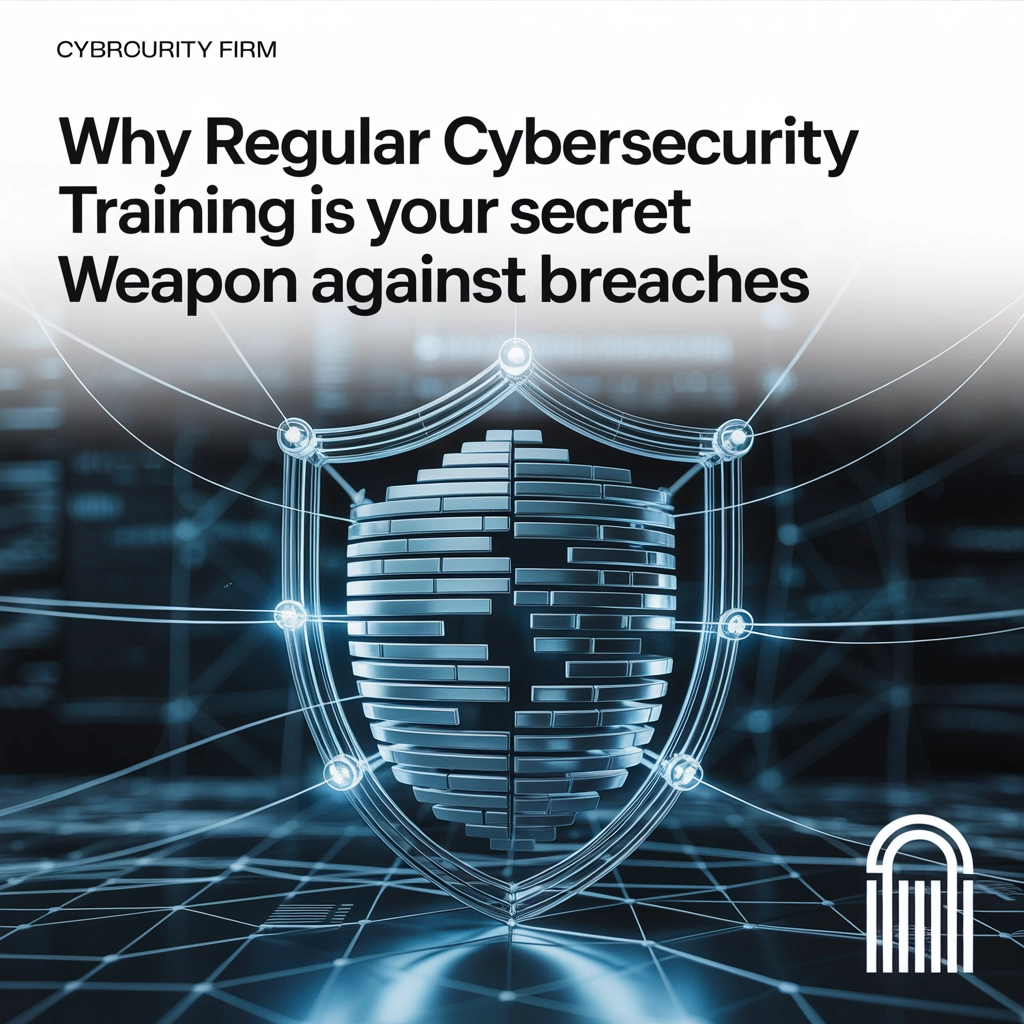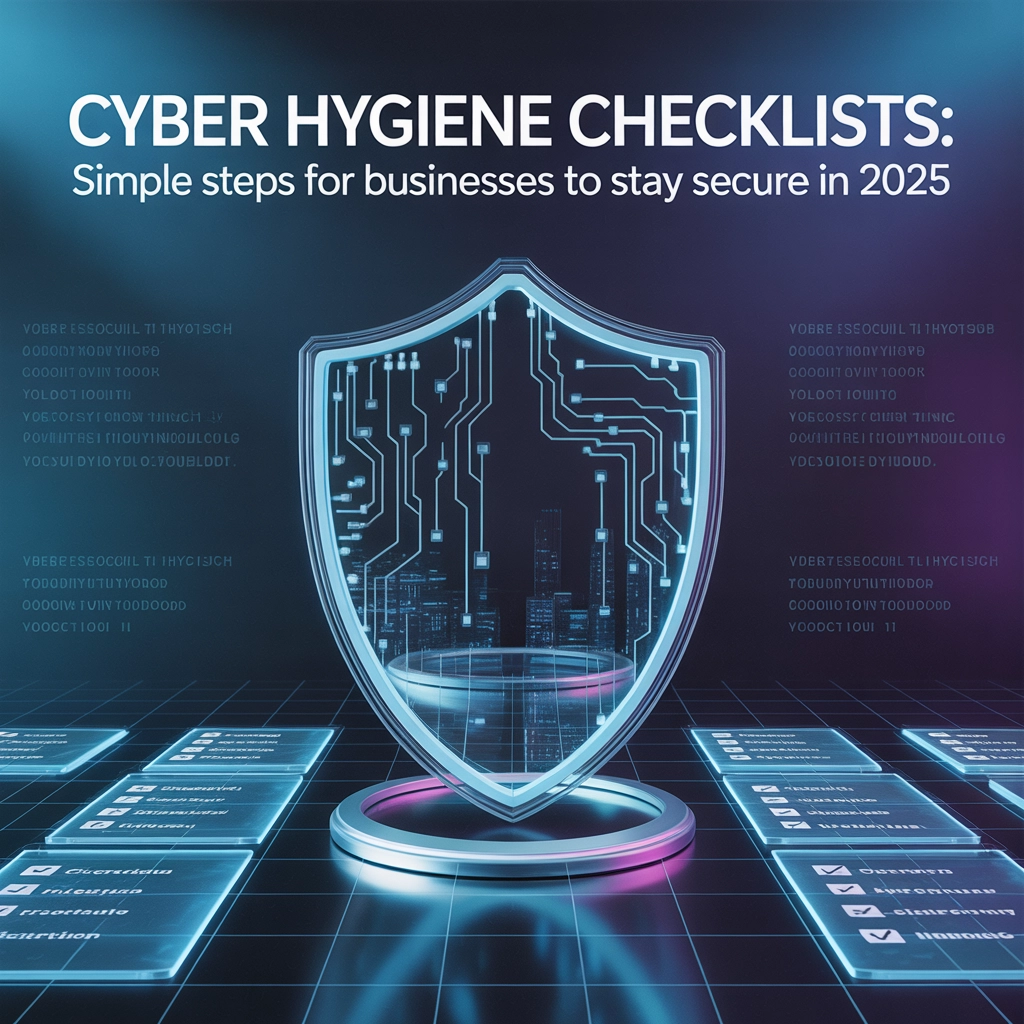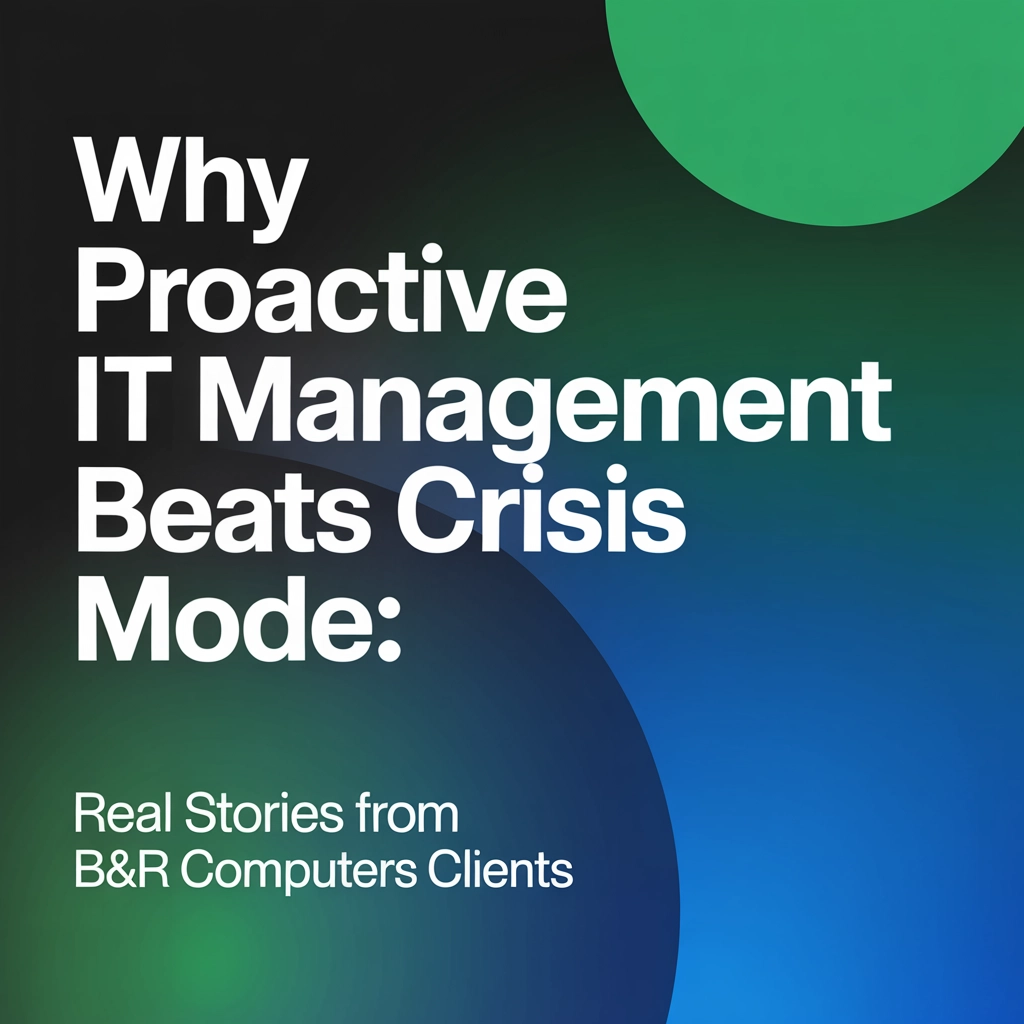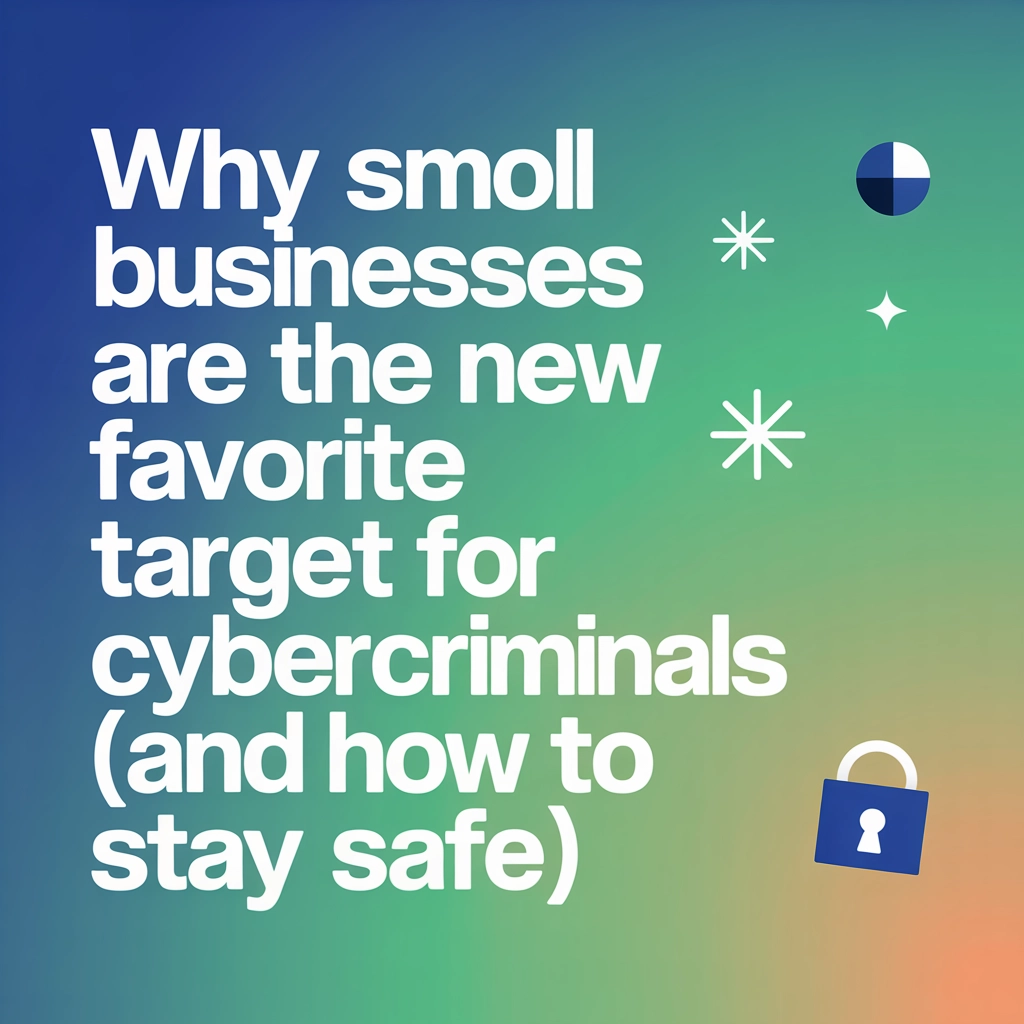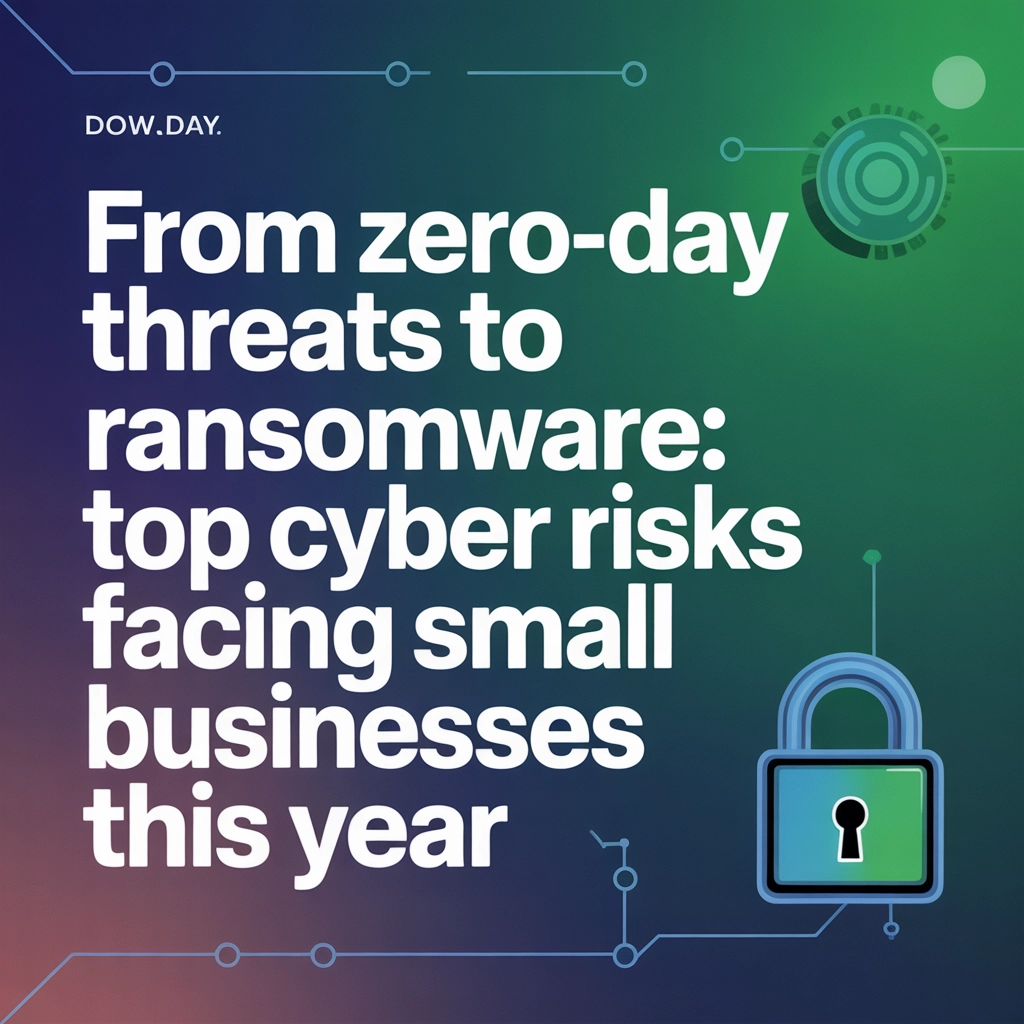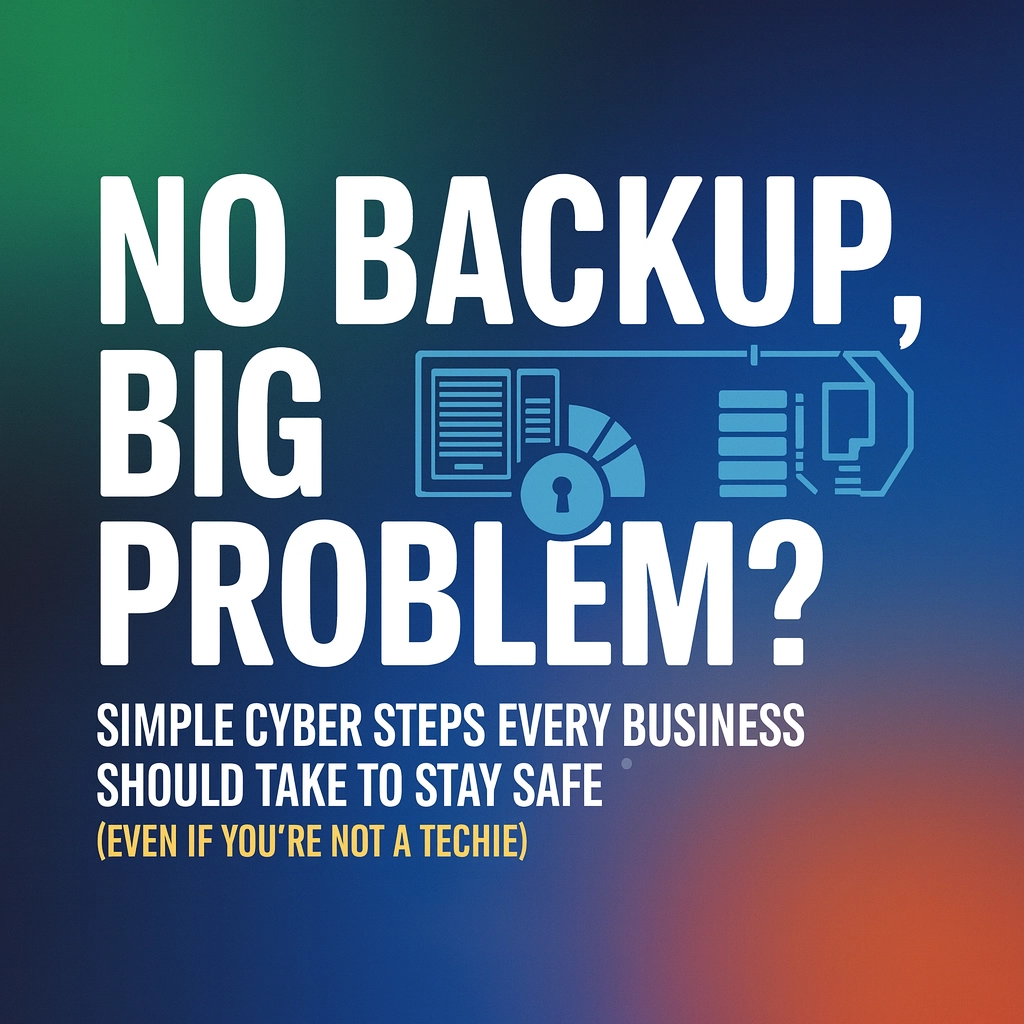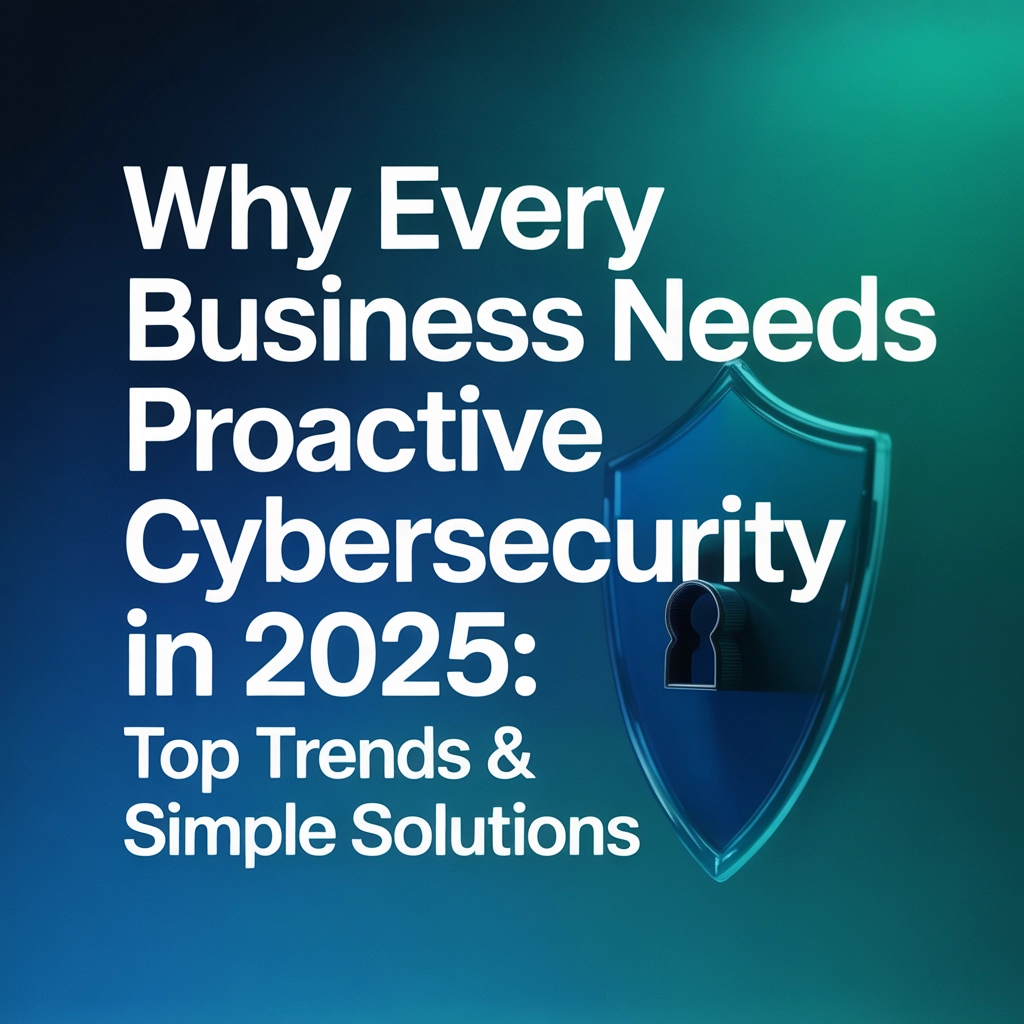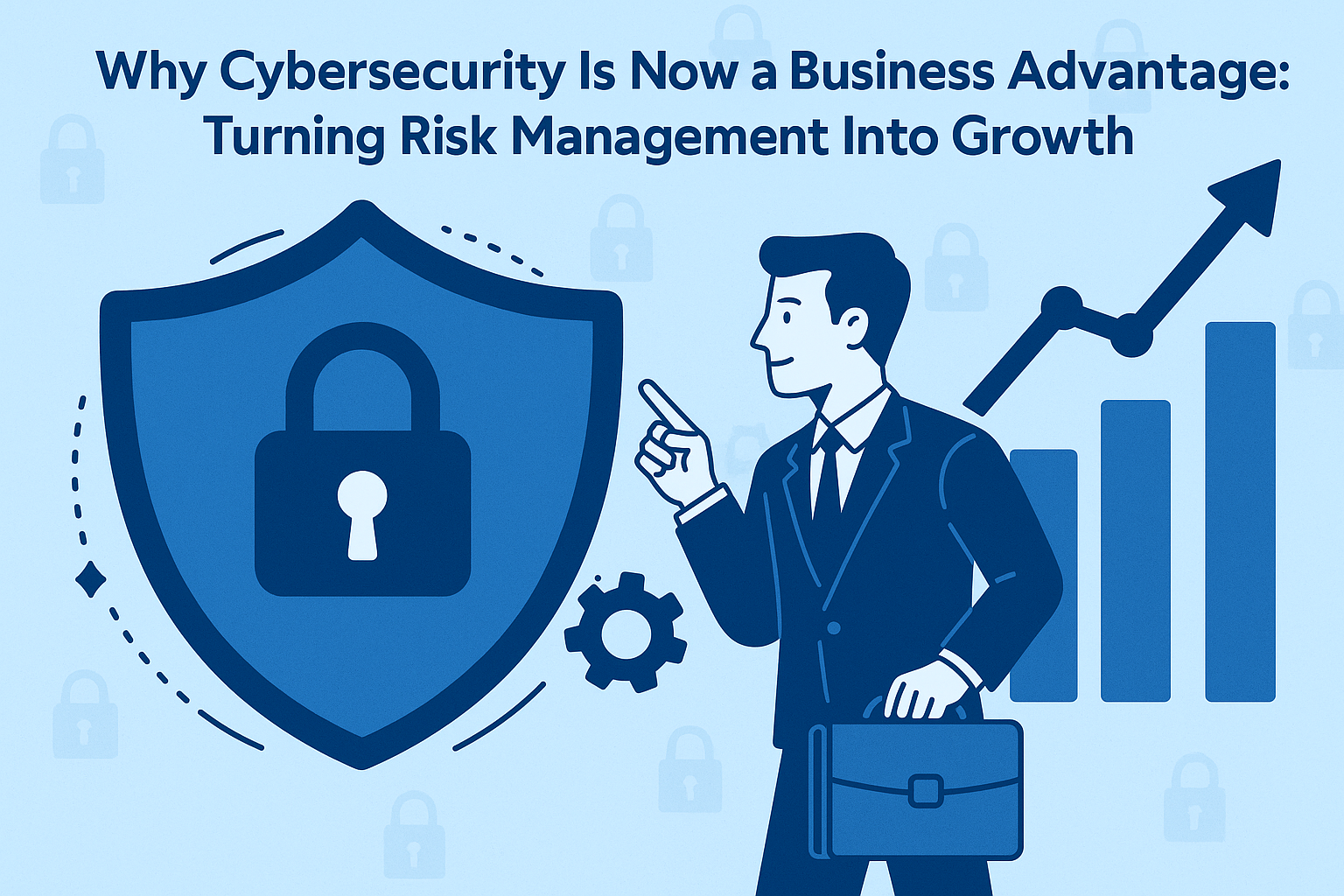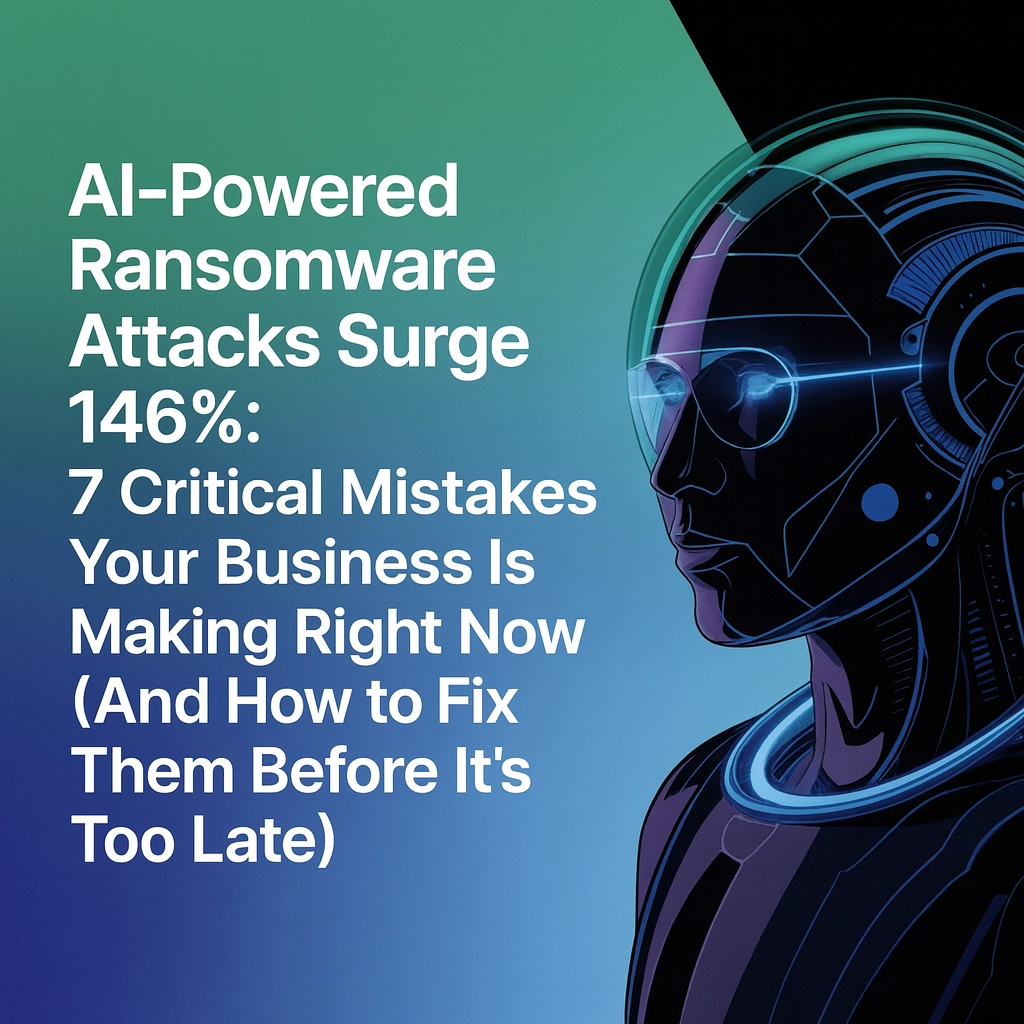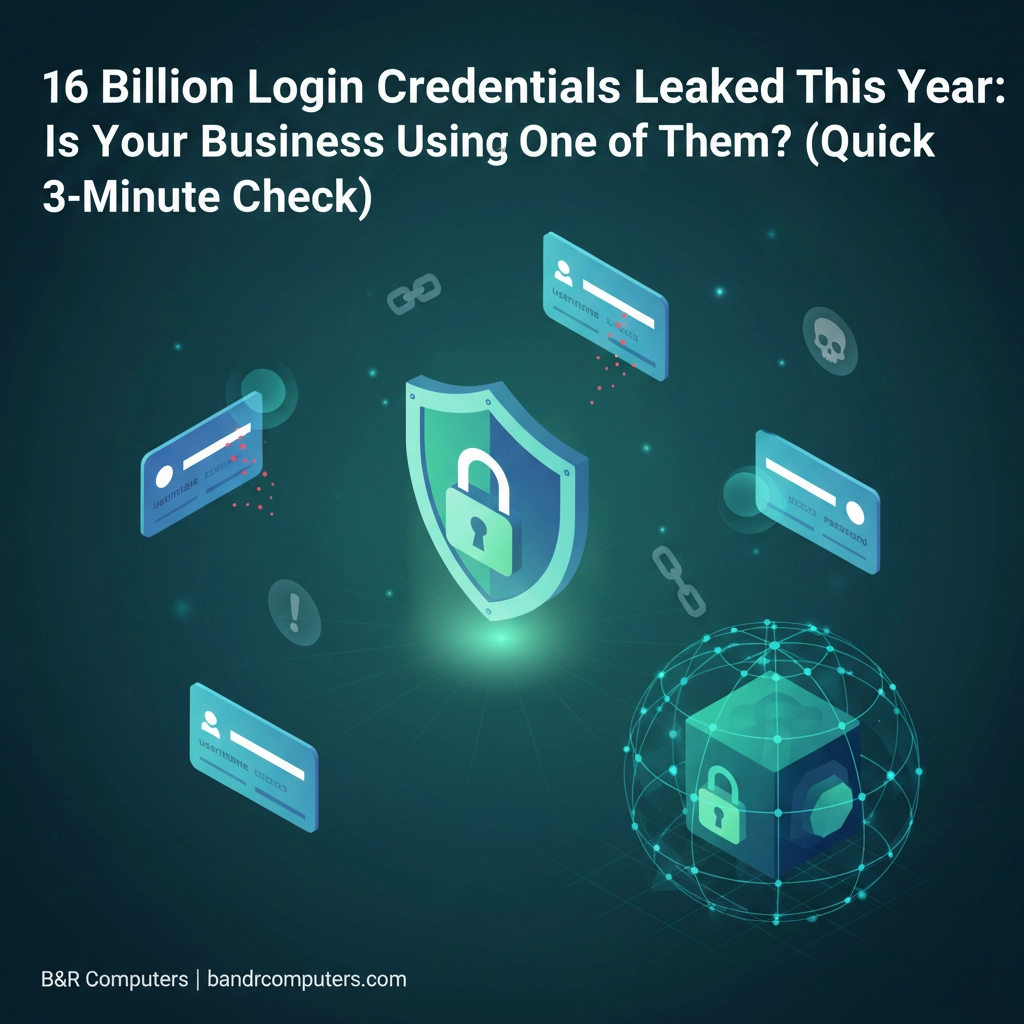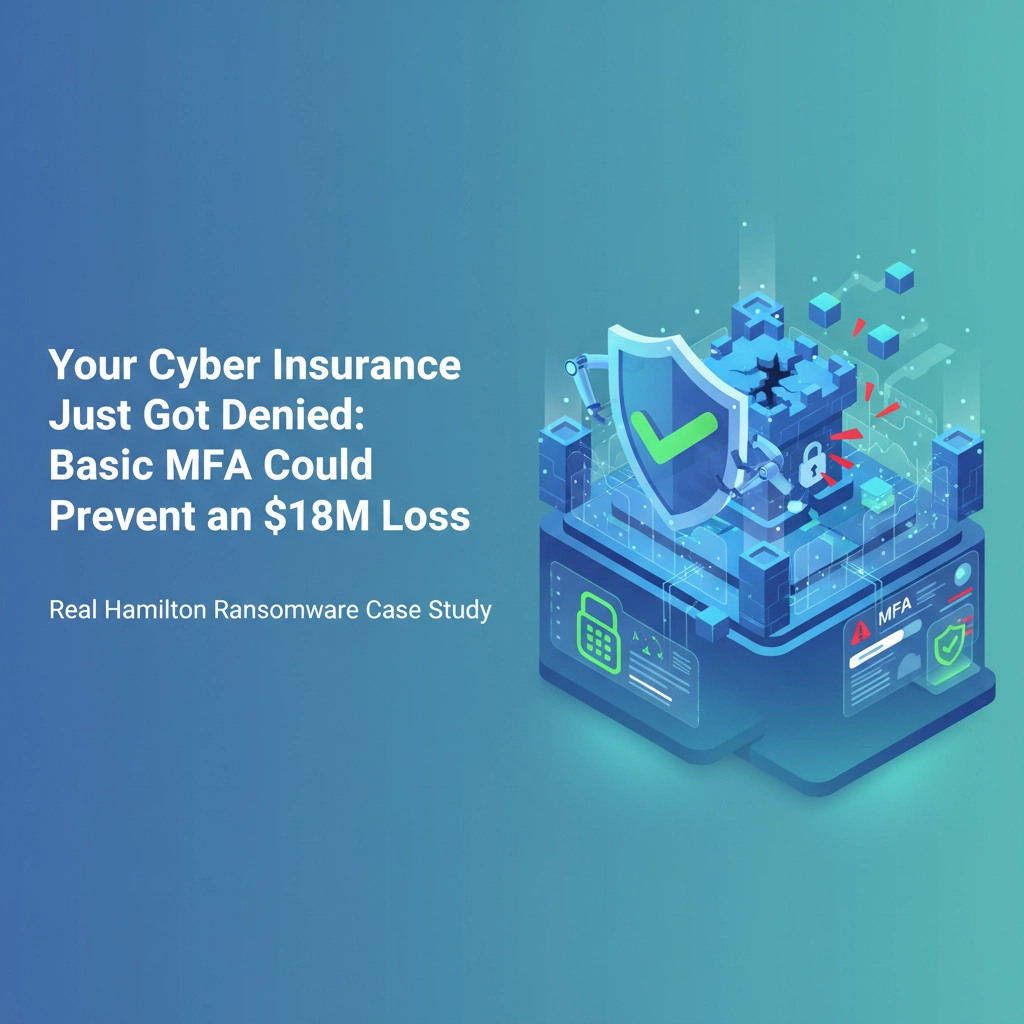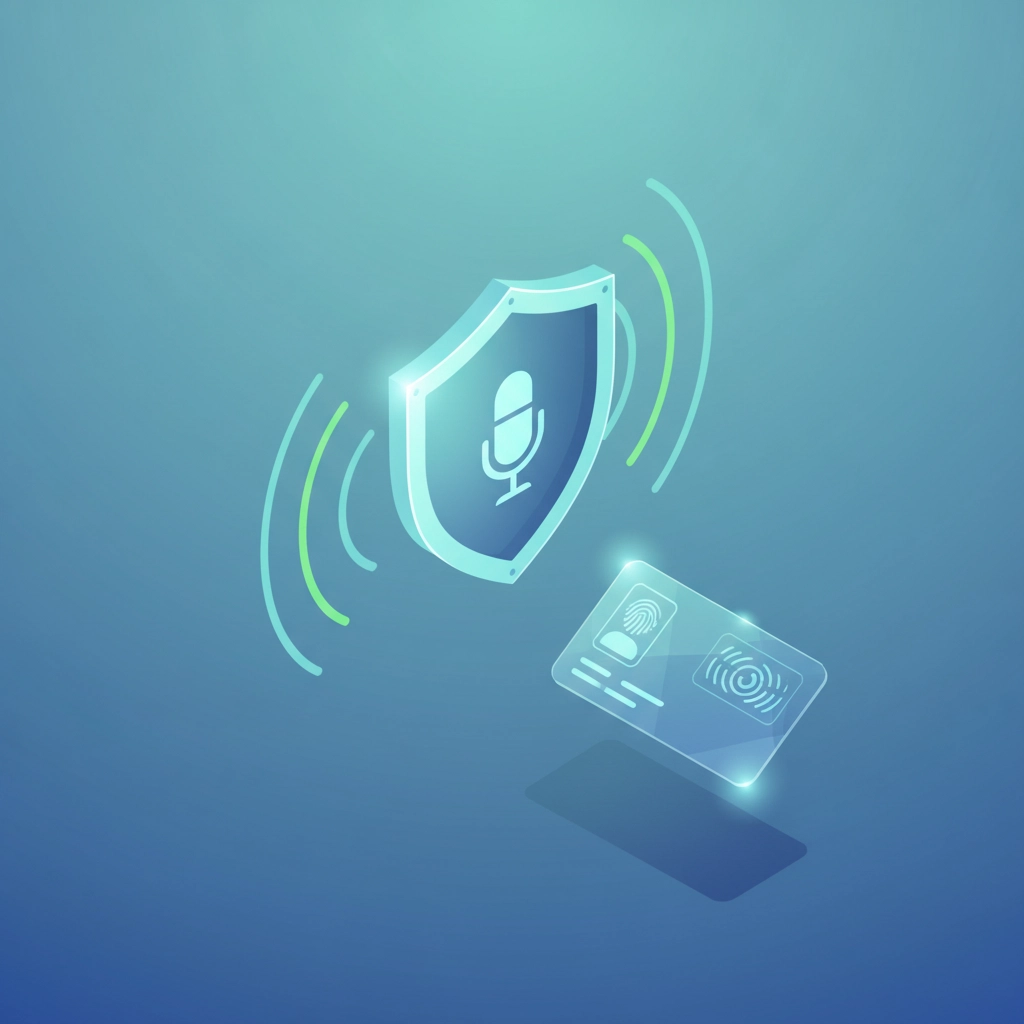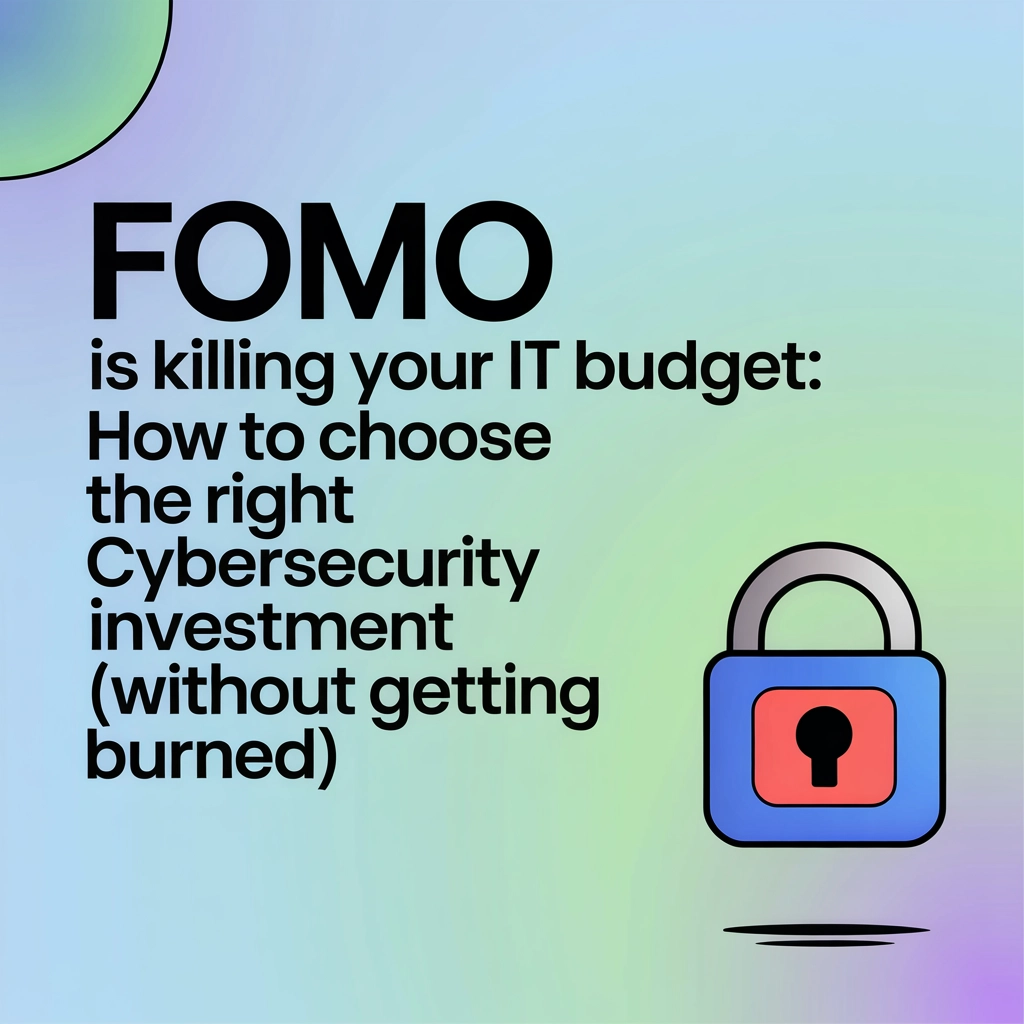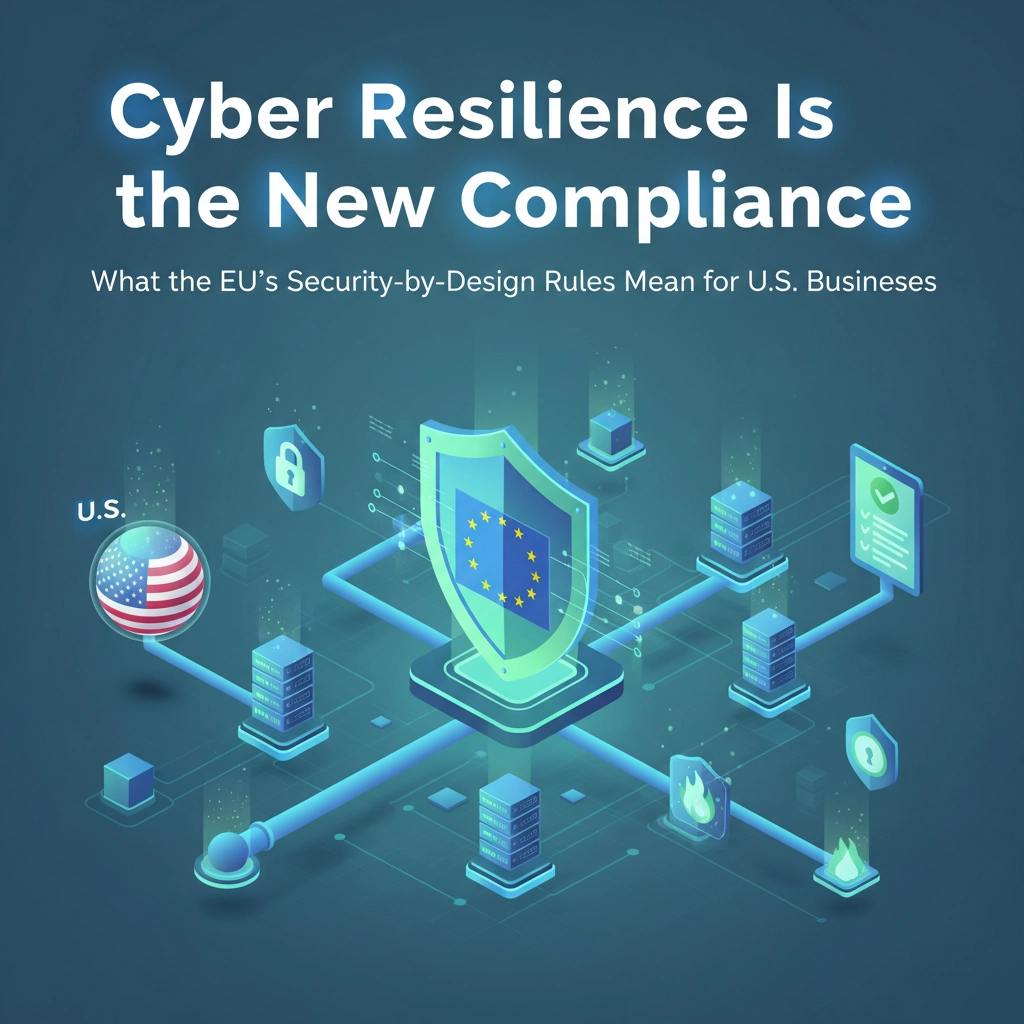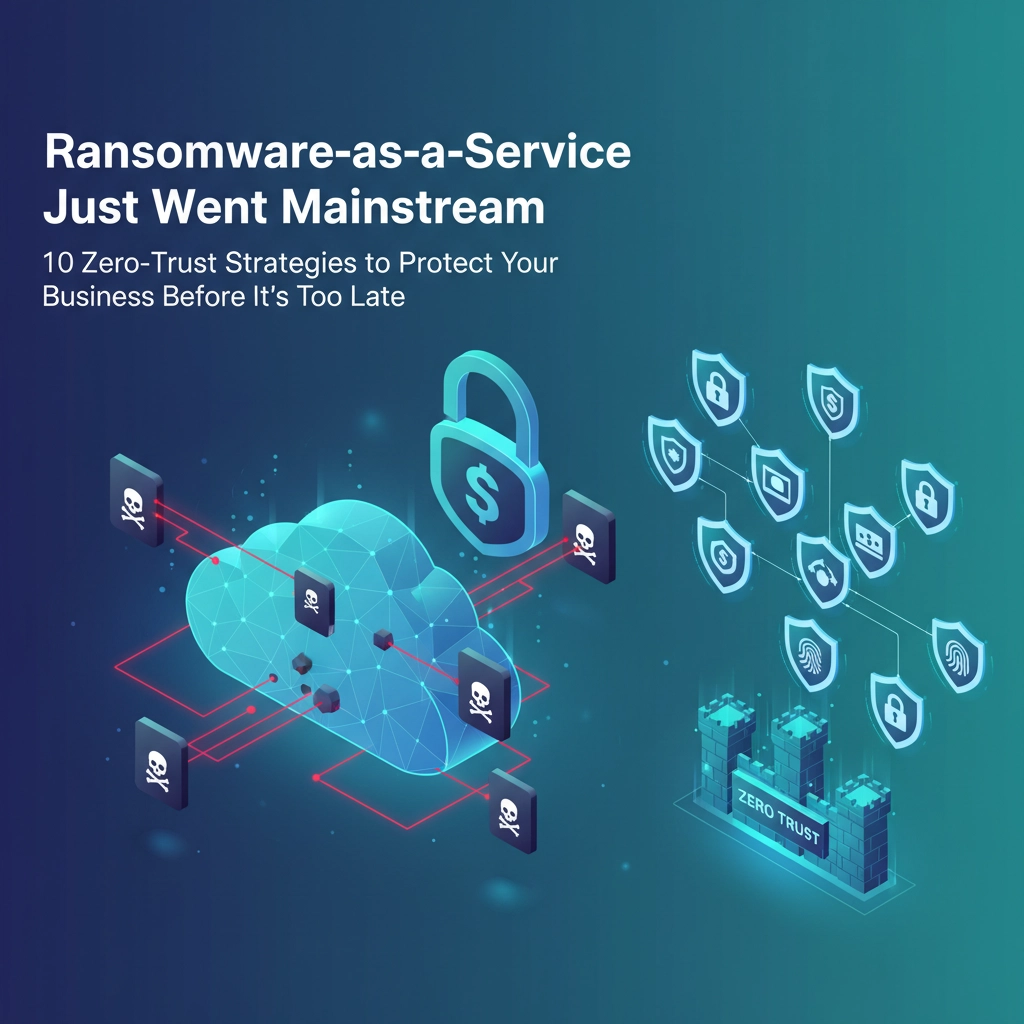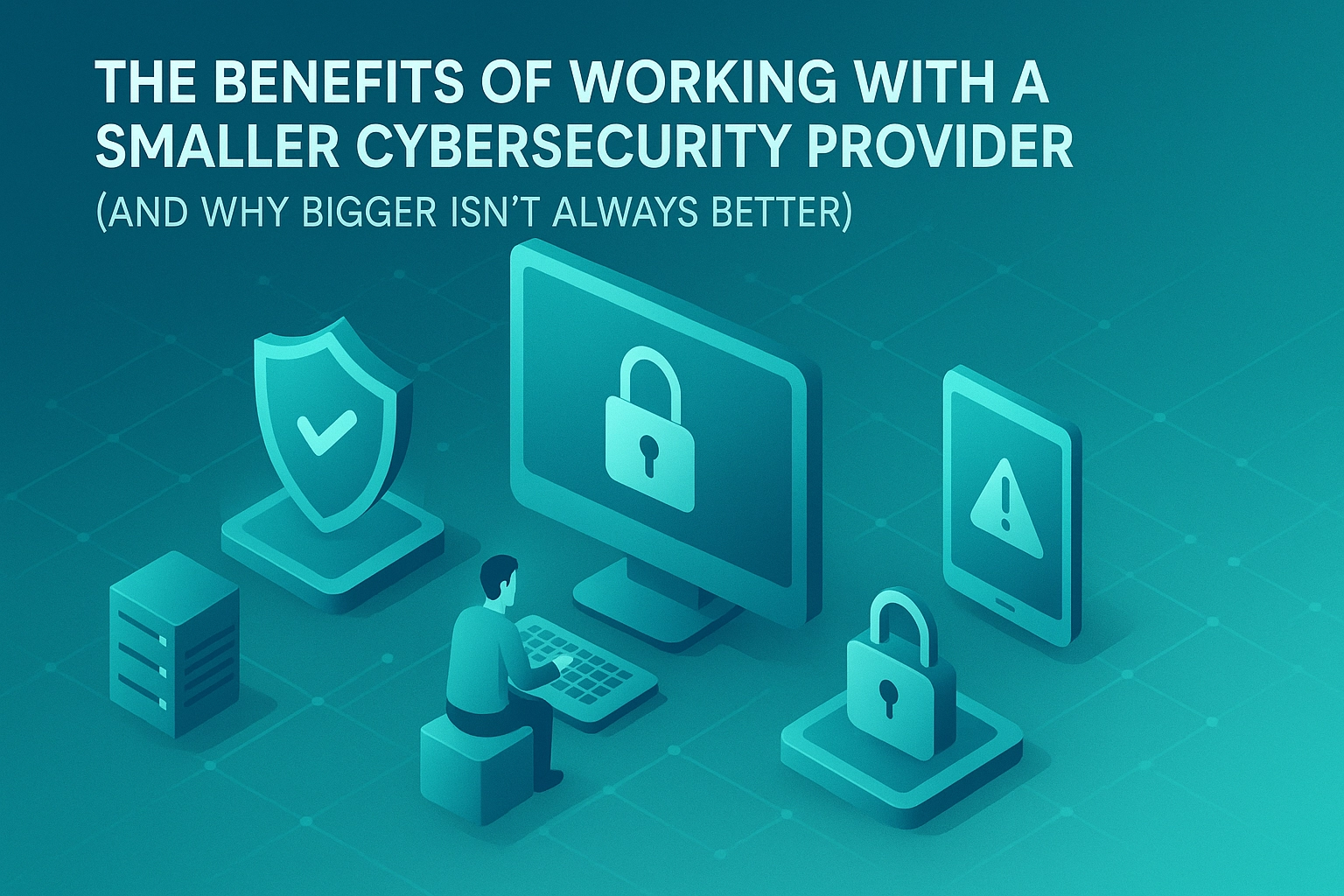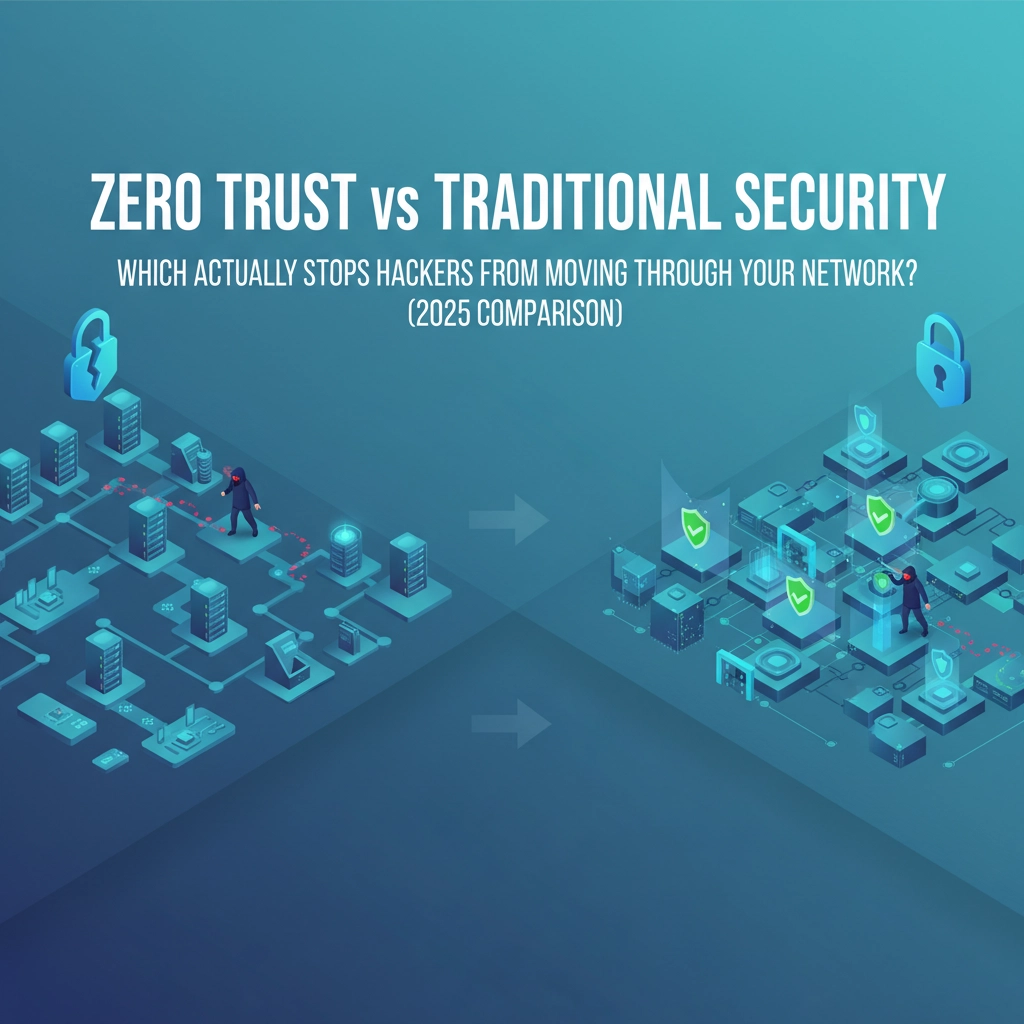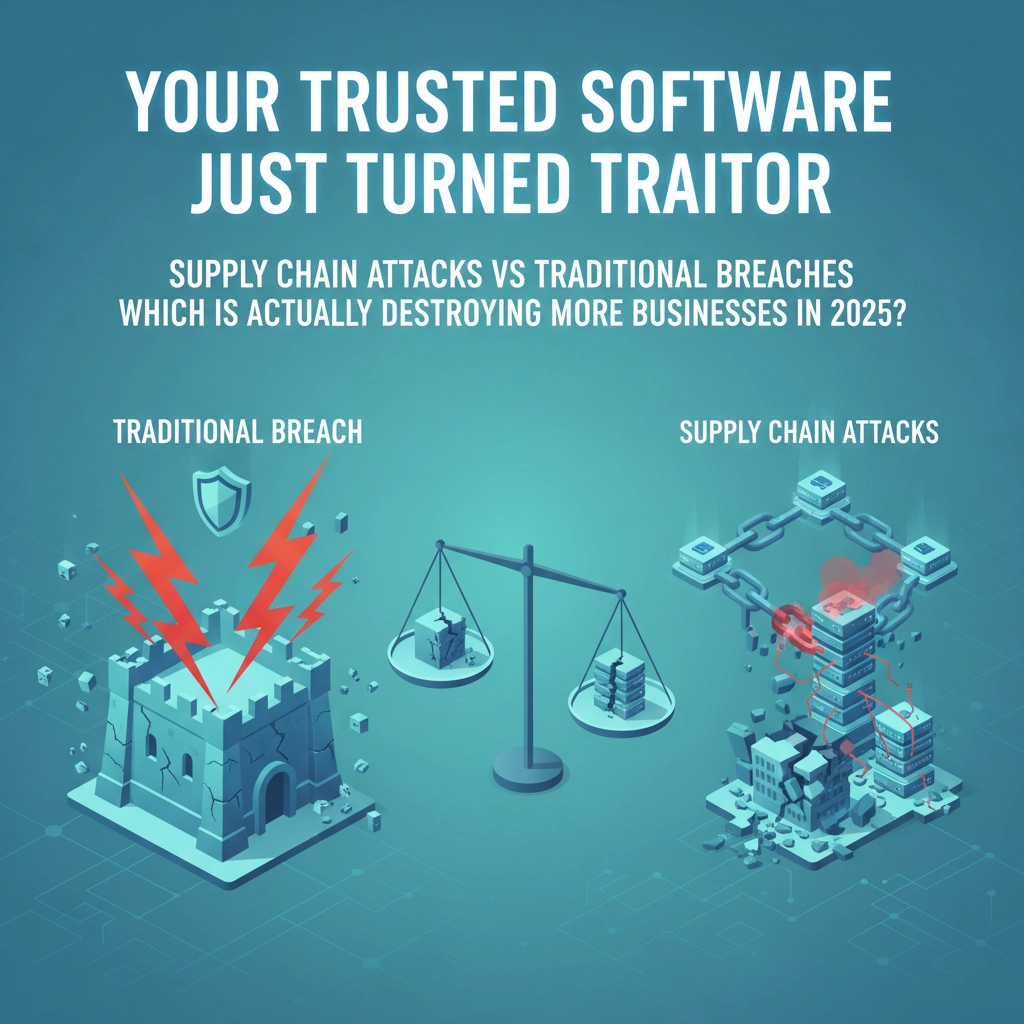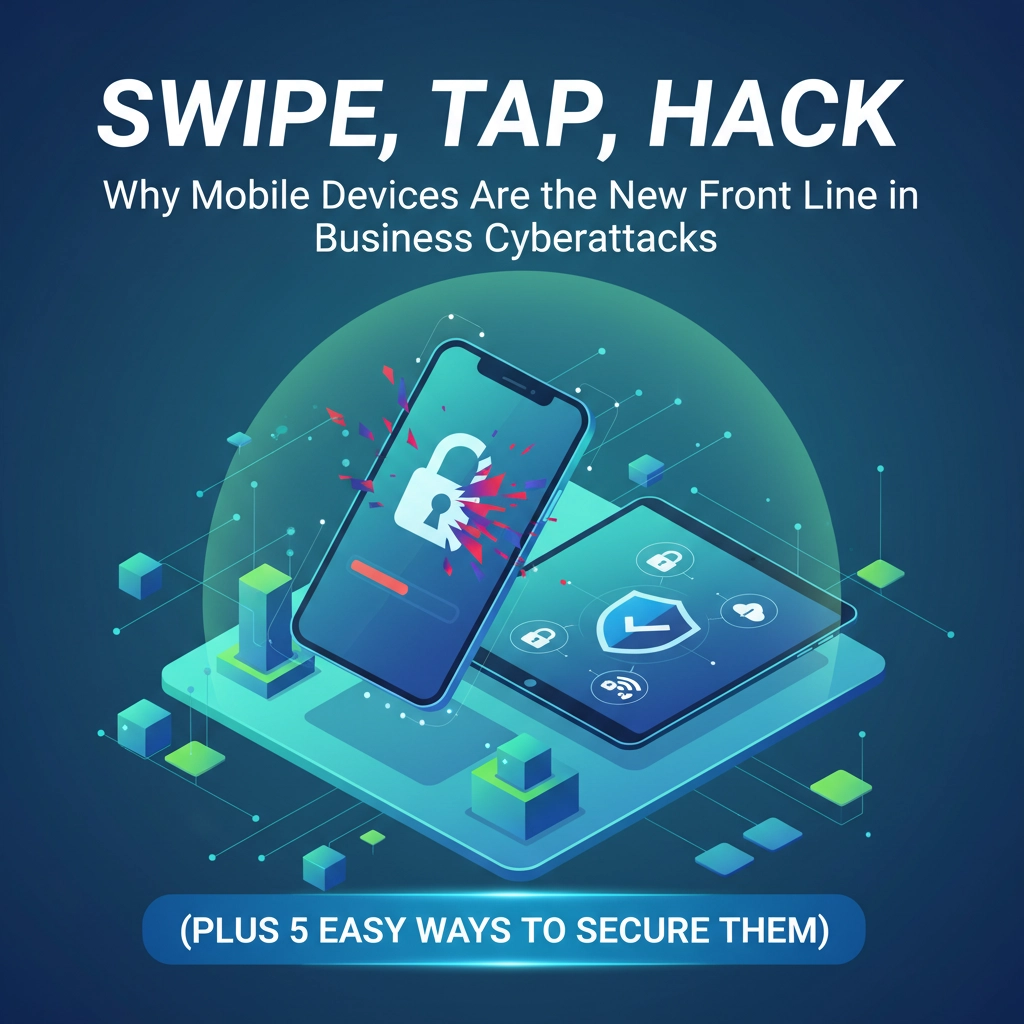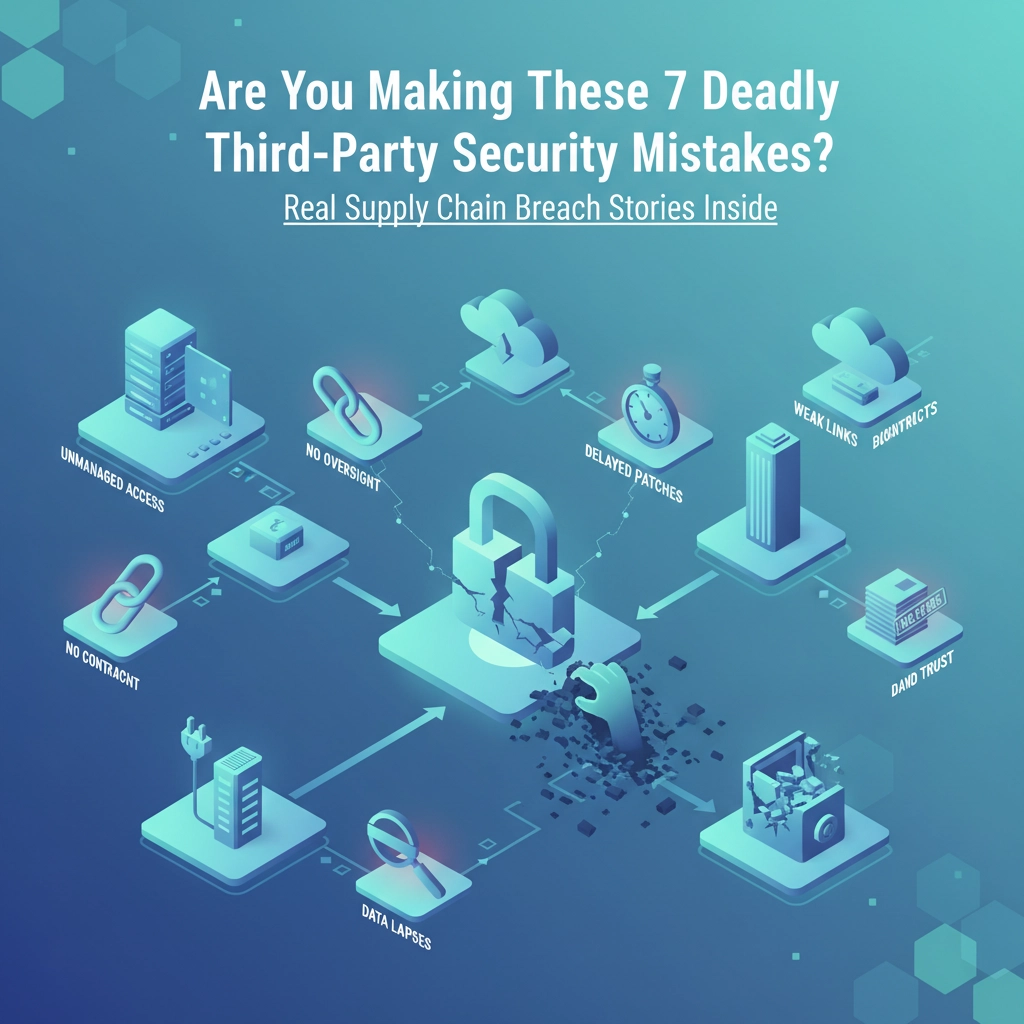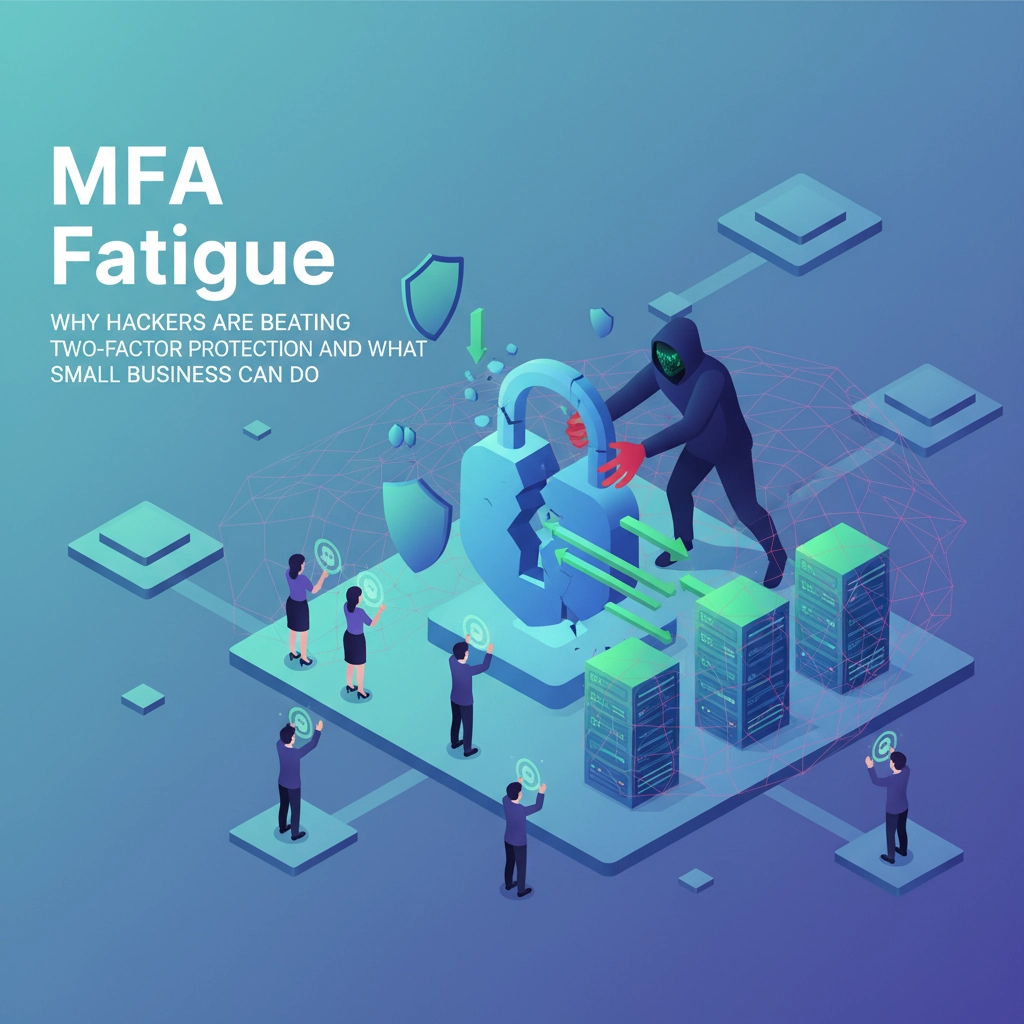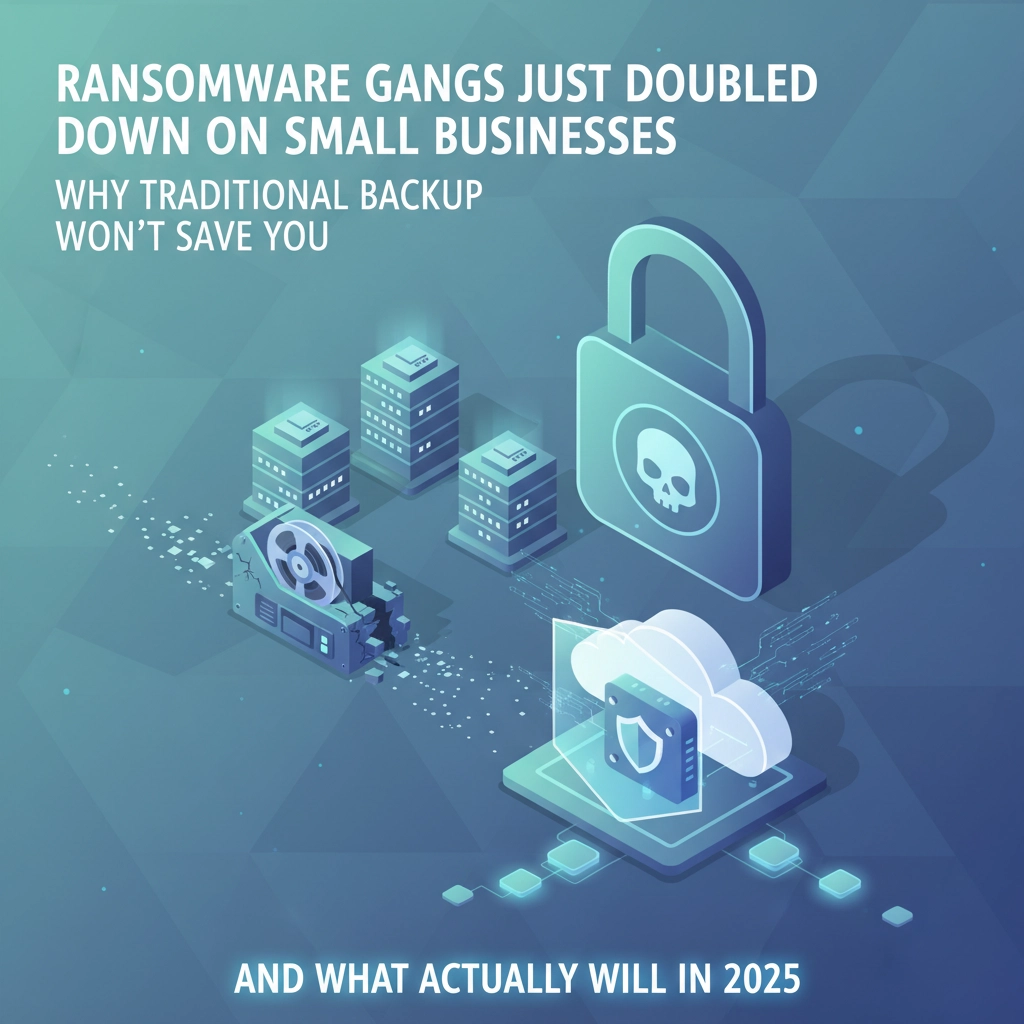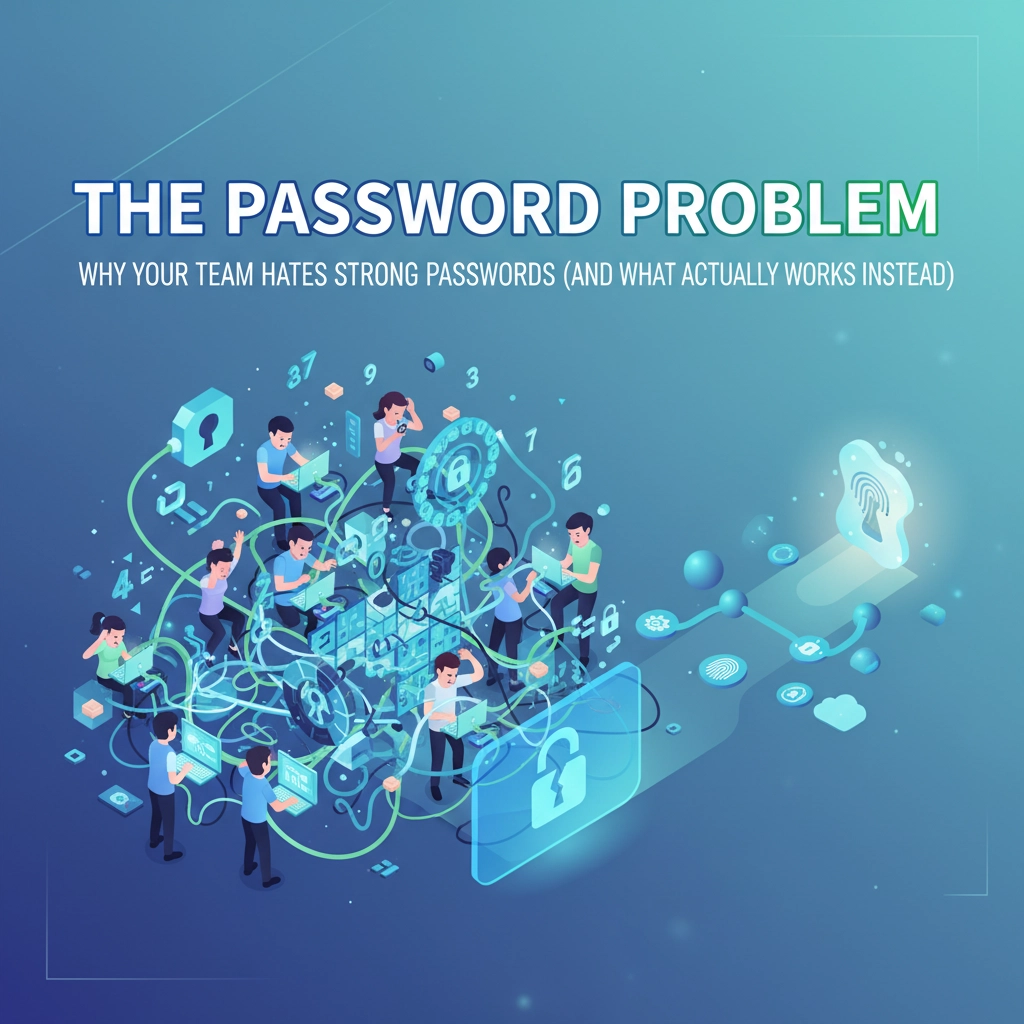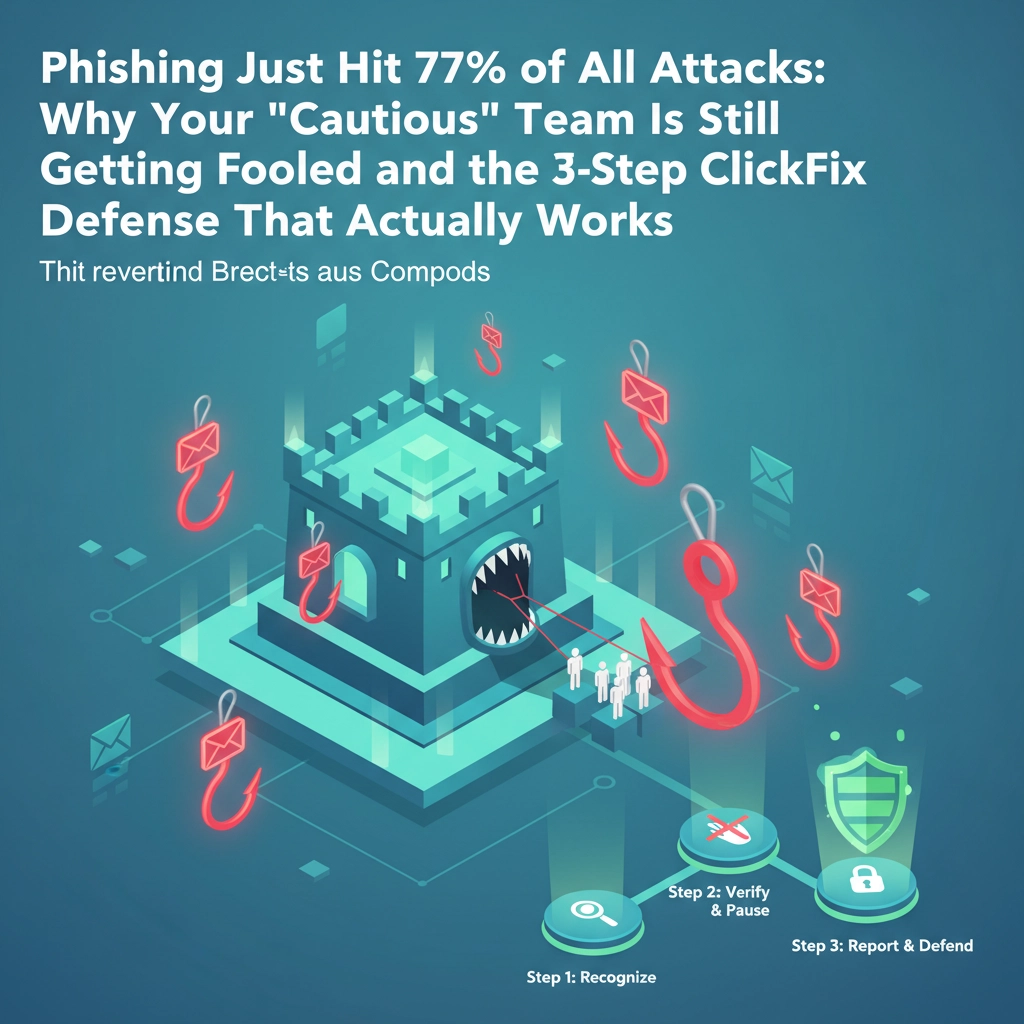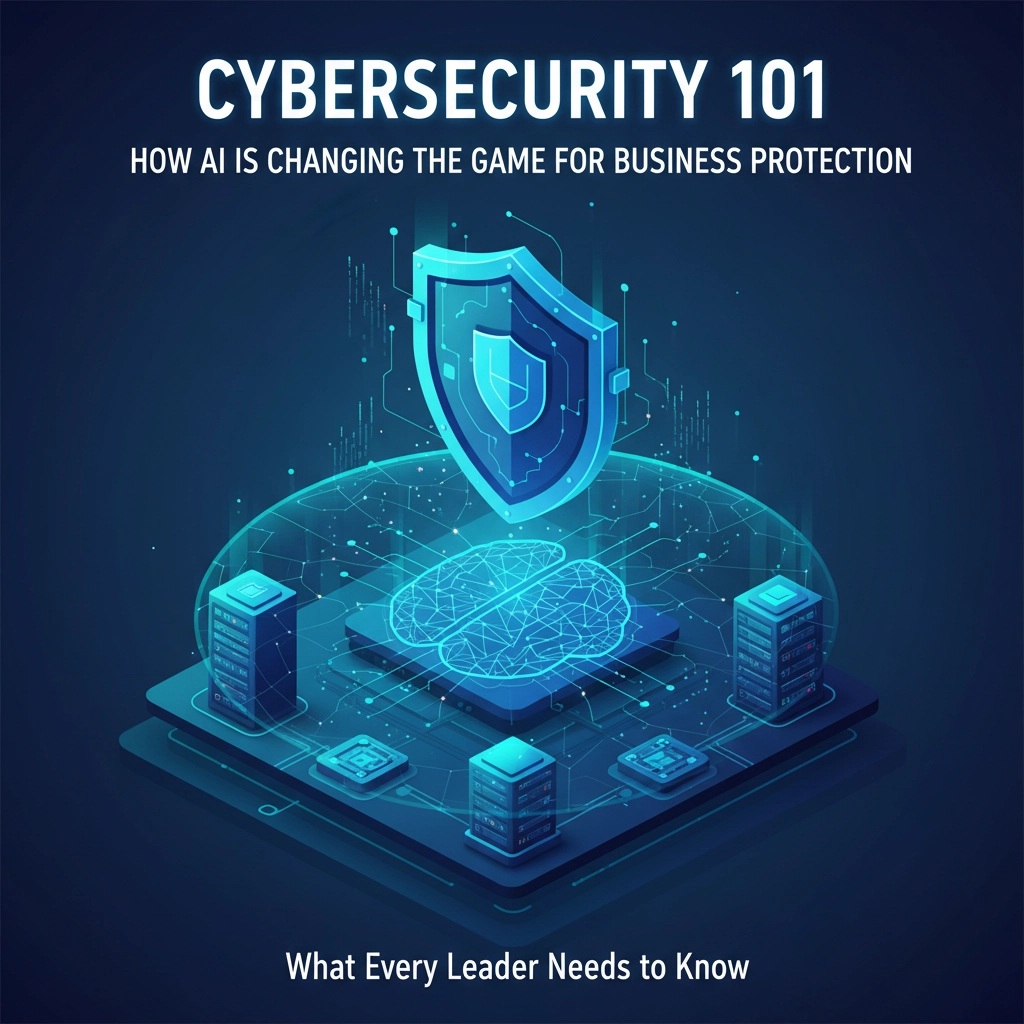Picture this: Your phone rings, and it's your CEO asking you to wire $50,000 immediately for an urgent vendor payment. The voice sounds exactly right, same tone, same slight accent, even that little clearing of the throat they always do. So you process the transfer. Twenty minutes later, the real CEO walks into your office asking about lunch plans.
Welcome to 2025, where scammers need just three seconds of someone's voice to create a perfect replica. That LinkedIn video your boss posted last week? That conference call recording on your company website? That's all criminals need to empty your business accounts.
This isn't some far-off sci-fi threat. Small businesses are getting hit hard because, let's face it, we don't have the same security protocols as Fortune 500 companies. And scammers know it.
How Voice Cloning Actually Works (It's Scarier Than You Think)
Here's what's keeping me up at night: AI voice cloning has become ridiculously easy. Scammers hop on your company's social media, find any video with audio, maybe that holiday party post or customer testimonial, and feed it into free AI tools that anyone can download.

The software analyzes everything: speech patterns, breathing, even emotional inflections. Within minutes, it can generate completely new sentences in that person's voice. And I mean completely convincing. We're talking about technology that can replicate crying, urgency, even your boss's annoying habit of saying "um" every third word.
The worst part? These tools keep getting better and cheaper. What used to require Hollywood-level resources is now available to any teenager with a laptop and an internet connection.
Real Businesses Are Getting Hammered
Let me hit you with some numbers that'll make your accountant nervous. In February 2024, UK engineering firm Arup lost $25 million to deepfake fraud. Not a typo: twenty-five million dollars. Multiple employees participated in what they thought was a legitimate video conference with their CFO. Spoiler alert: it was completely fake.
Closer to home, a major US finance company got scammed when hackers cloned an executive's voice using just 30 seconds of audio from a company podcast. The fake CEO "called" requesting an immediate wire transfer for a confidential acquisition. The money was gone before anyone realized what happened.
But here's what really gets me: small businesses are getting targeted because we're easier marks. We don't have teams of cybersecurity experts or complex approval processes. When the "boss" calls asking for something urgent, we just do it. That trust and agility that makes small businesses great also makes us vulnerable.

The Scams Hitting Small Businesses Hard
The Fake Emergency Wire Transfer is the big one. Scammers clone your CEO or CFO's voice and call requesting urgent fund transfers. They create false urgency: "The bank closes in 20 minutes!" or "This deal falls through if we don't act now!" Your natural instinct is to help, especially when it sounds exactly like your boss.
Vendor Payment Redirects are sneaky as hell. Criminals clone the voice of a regular supplier and call to "update" banking information. Since you trust this vendor and the voice sounds right, you update the payment details in your system. Every future payment goes straight to the scammer's account.
The Fake IT Emergency involves cloning your IT provider's voice to claim there's a critical security breach requiring immediate system access or credential updates. Since it sounds like your trusted tech support, you hand over the keys to your digital kingdom.
The Simple 30-Second Check That Stops This Madness
Ready for the good news? There's a stupidly simple way to stop these scams, and it takes about 30 seconds.
Verify through a different channel. That's it. When anyone: and I mean anyone: makes an urgent request involving money, data, or system access, you take 30 seconds to confirm through another method.
Call them back on their official number. Don't use any phone number they provide in the suspicious call. Send a quick text or email asking for confirmation. Walk over to their office if they're nearby. This extra half-minute could save you thousands or millions of dollars.

Here's the key: make this standard operating procedure, not a trust issue. Frame it as company policy: "All financial requests over $X require multi-channel verification: no exceptions." This removes any awkwardness and creates a culture of security.
Building Your Defense Strategy
Set Up Code Words with key people in your business. Create unique phrases that only trusted individuals know. When someone calls requesting urgent action, ask for the code word. AI can clone voices, but it can't read minds.
Multi-Factor Approval Systems are your friend. Require two or three different people to approve significant expenditures, with each approval coming through different communication methods. A cloned voice might fool one person, but it won't fool three people using different channels.
Regular Security Training keeps everyone sharp. Most scams succeed because people don't know this technology exists. Spend 15 minutes each month showing your team examples of voice cloning scams and practicing verification protocols. Once people know "AI voice cloning is real," they become way harder to trick.
Trust Your Gut even when technology creates confusion. If something feels off: maybe the voice sounds slightly strange, or the request feels rushed: investigate. Scammers rely on panic and urgency to cloud judgment. Slowing down is your superpower.

Protecting Your Voice Data
Think about how much audio of yourself exists online. Company videos, podcast interviews, conference calls, social media posts: it's everywhere. While you can't eliminate your digital voice completely, you can be smarter about it.
Review your social media privacy settings to limit who can access posts with audio. For key executives, consider minimizing public speaking that gets recorded and posted online. Be cautious about answering unknown calls with anything more than basic responses: sometimes scammers call just to capture voice patterns.
What This Means for Your Business
Voice cloning scams aren't going away: they're getting worse. The technology is improving faster than our defenses, and small businesses remain prime targets. But here's the thing: awareness is your best weapon.
The most sophisticated AI voice cloning technology in the world is defeated by a 30-second phone call to verify. Scammers count on urgency, panic, and trust to bypass our common sense. When we slow down and verify, their whole scheme falls apart.

Your Action Plan Starting Today
Make verification protocols part of your company culture immediately. Train your team to verify any urgent requests through different channels. Set up code words with key personnel. Create multi-factor approval processes for financial transactions.
Most importantly, spread the word. The more small business owners know about these scams, the harder it becomes for criminals to succeed.
Ready to bulletproof your business against AI-powered scams? At B&R Computers, we help small businesses build practical cybersecurity defenses without breaking the bank. From security training to verification protocols, we'll make sure your team knows how to spot and stop these evolving threats. Contact us today for a free security consultation: because 30 seconds of prevention beats months of financial recovery.
Don't wait until you're the next headline. The scammers are getting smarter, but with the right knowledge and protocols, your business can stay one step ahead.





